tough business:
a parker site
Play Dirty’s Parker DNA: A Collection of References
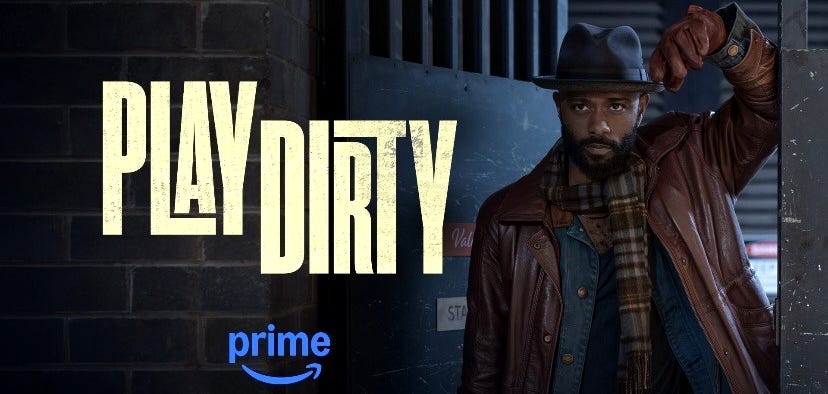
The vast majority of Parker adaptations have had a notoriously loose grasp on the source material but Play Dirty calls back to the novels again and again, from characters to setting to tone. In fact, in our recent interview with director Shane Black, he spoke at length about his love for Stark’s work. Despite not being based on any particular title, the film draws inspiration from various novels in the series, and we’ve compiled an overview of the references that stood out to us.
To begin with, the cast of characters encompasses Parker's enemies and allies from nearly the entire original series: Philly Webb and Stan Devers both come from The Green Eagle Score, Ed and Brenda Mackey first appeared in Plunder Squad, Lozini made his debut Slayground and later played a pivotal role in Butcher's Moon, and the Outfit is a constant presence through the novels. Alan Grofield, who had first appeared in The Score, takes his rightful place as Parker's partner and co-protagonist. Even recurring character Madge and her motel appear in Play Dirty, as does Grace Webb -- a stand-in for Grace Weiss of The Sour Lemon Score.
The Sour Lemon Score, in fact, constitutes a major part of the opening heist and its subsequent betrayal. The score being less than expected, Zen cast in the role of George Uhl as the double-crosser, Parker's escape through the window -- these are all elements that render Play Dirty's intro an unexpectedly accurate adaptation of Sour Lemon's first couple chapters.
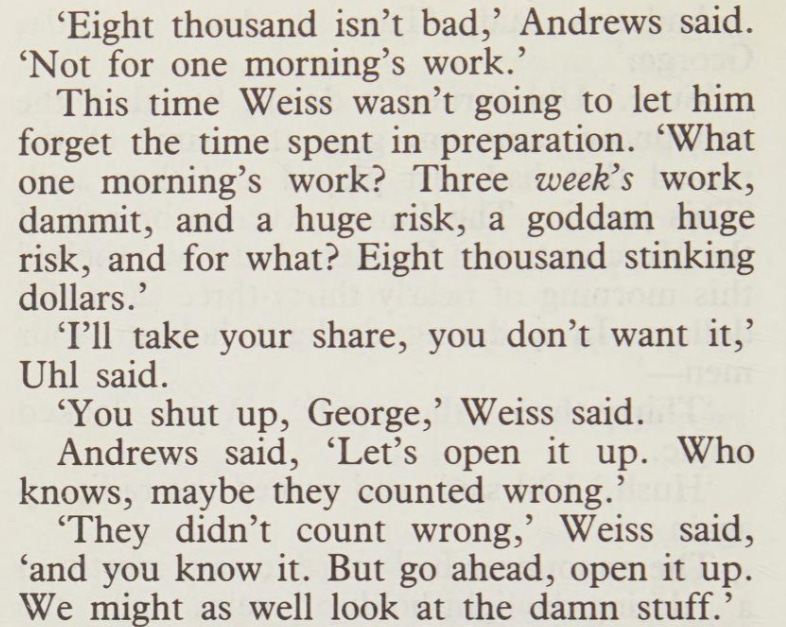
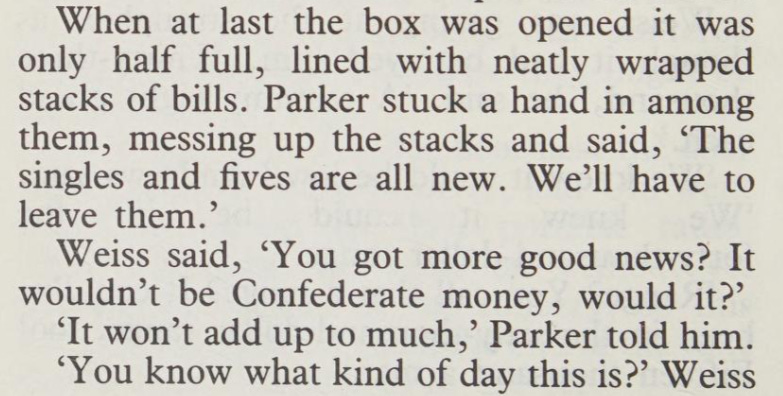
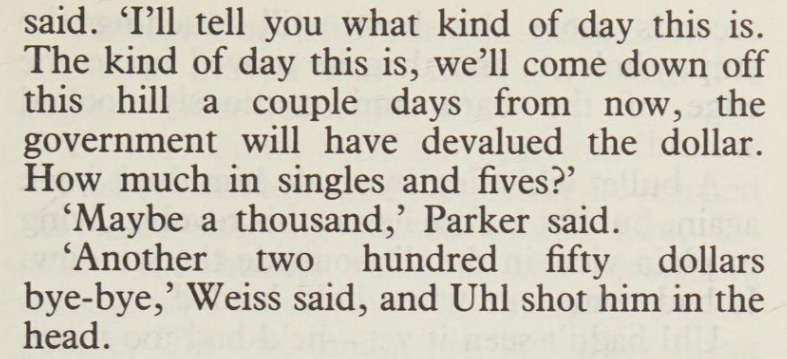
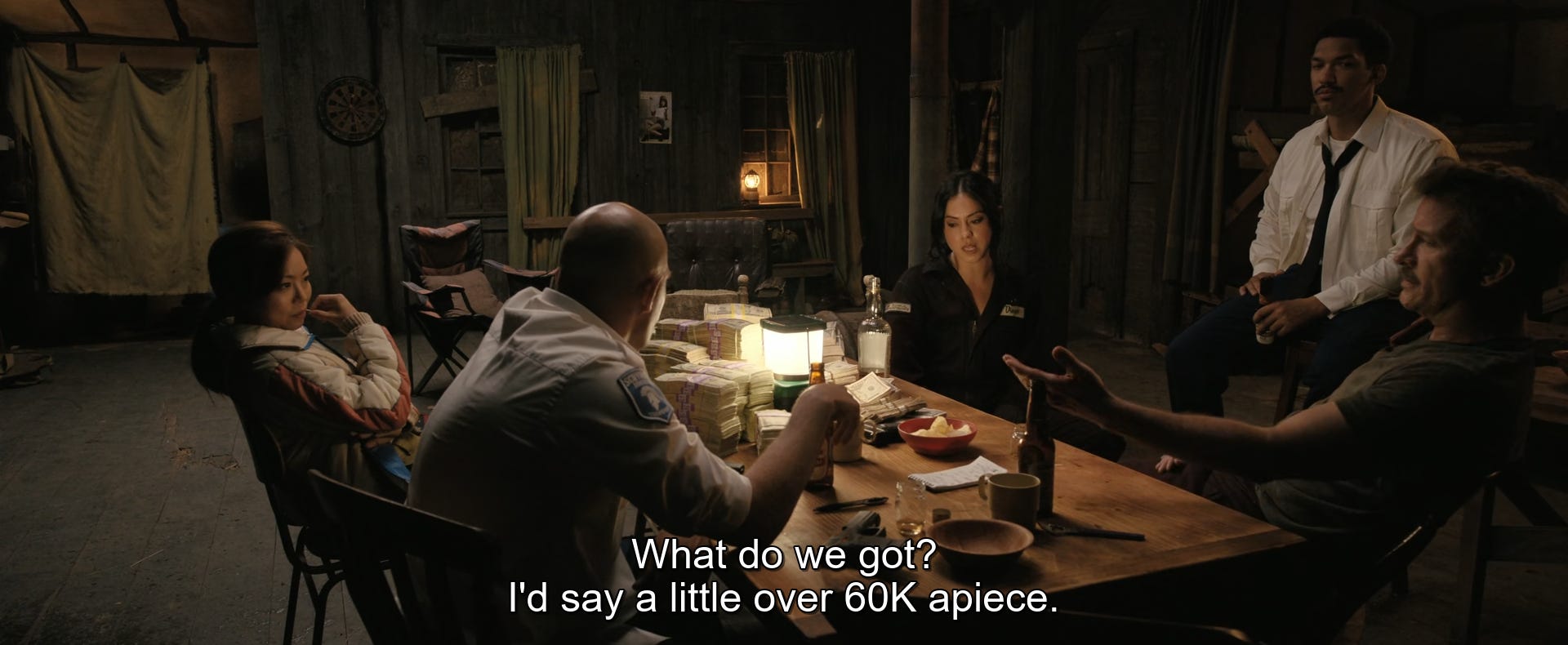
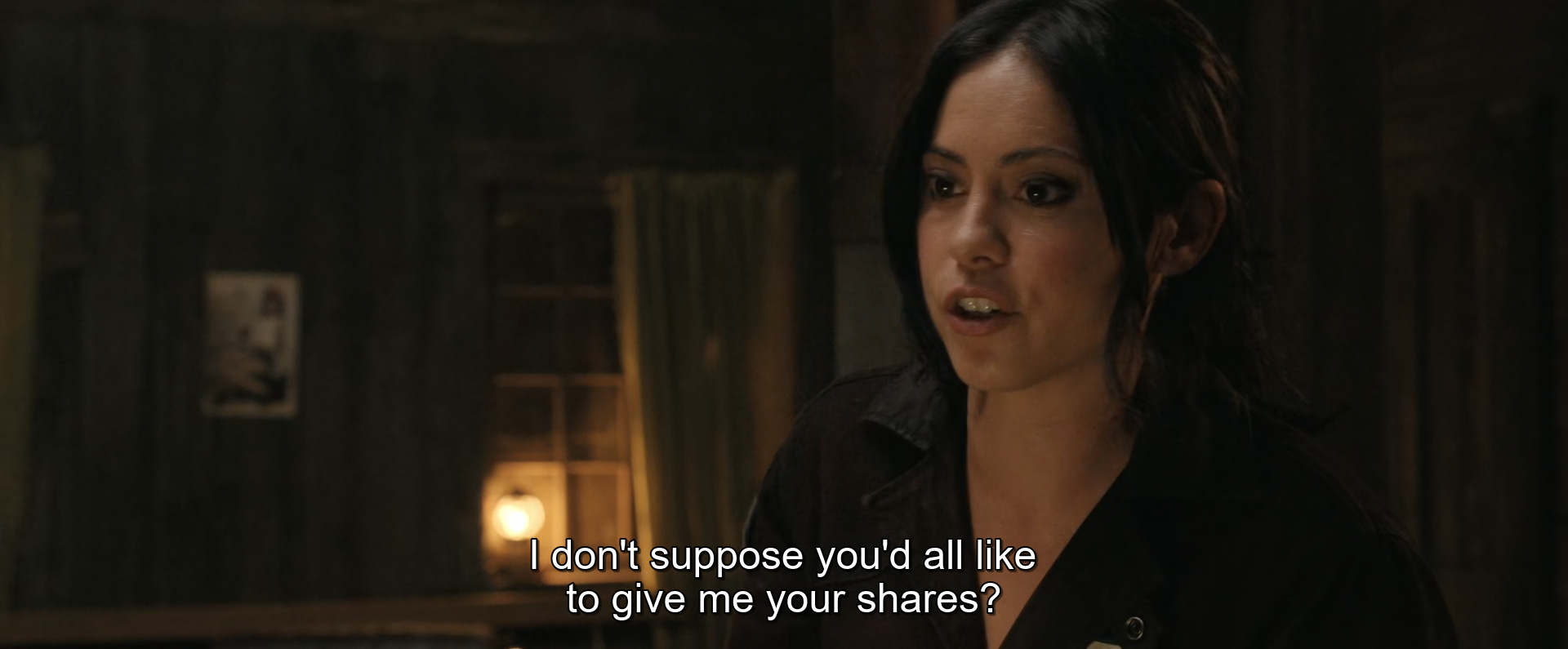
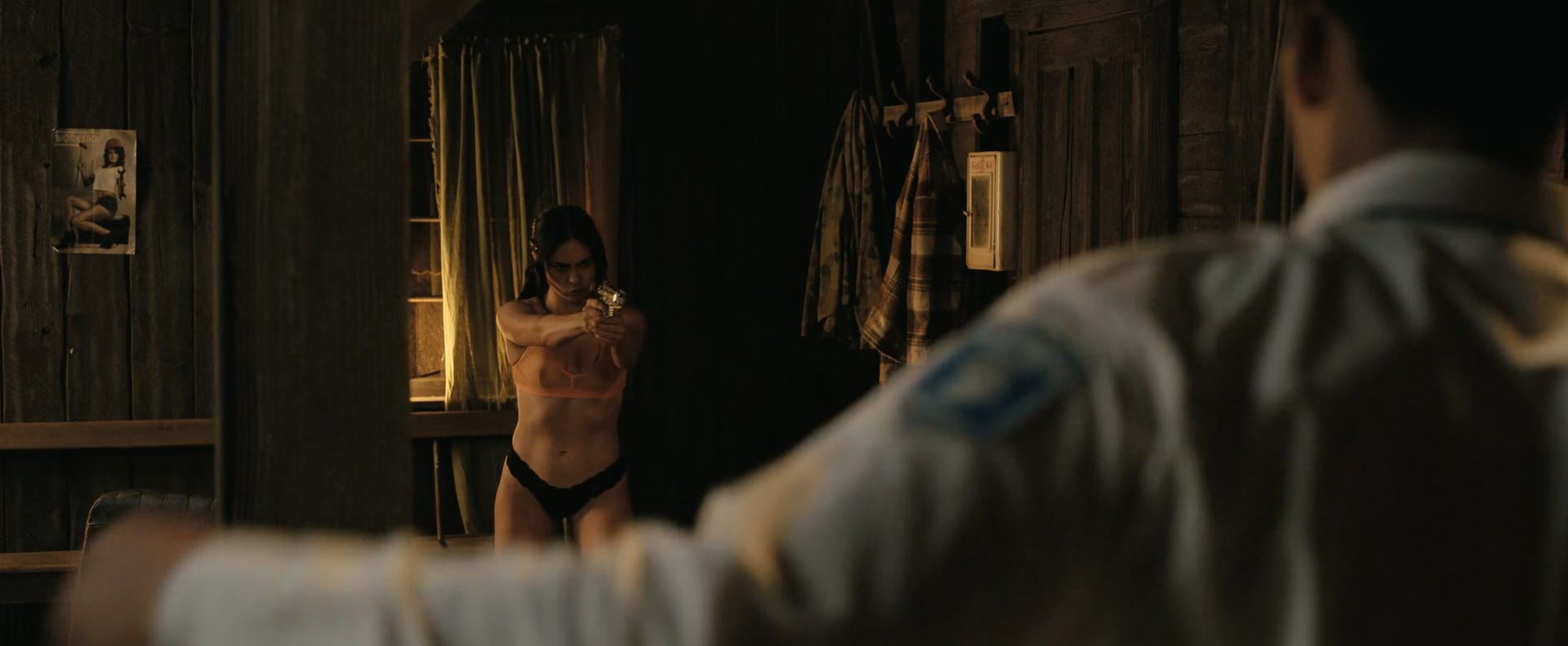
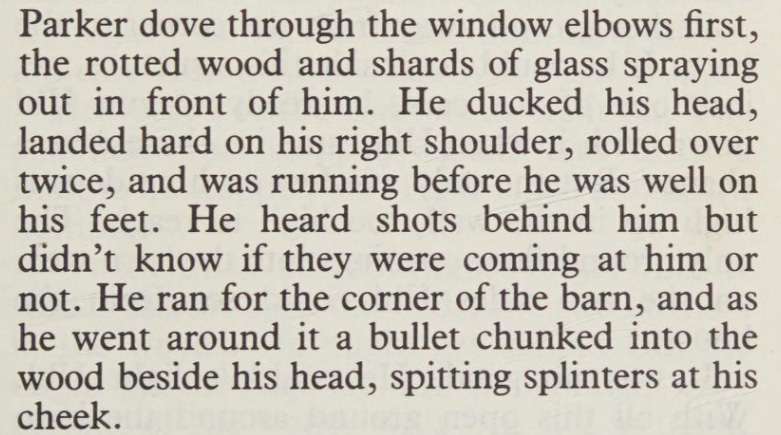
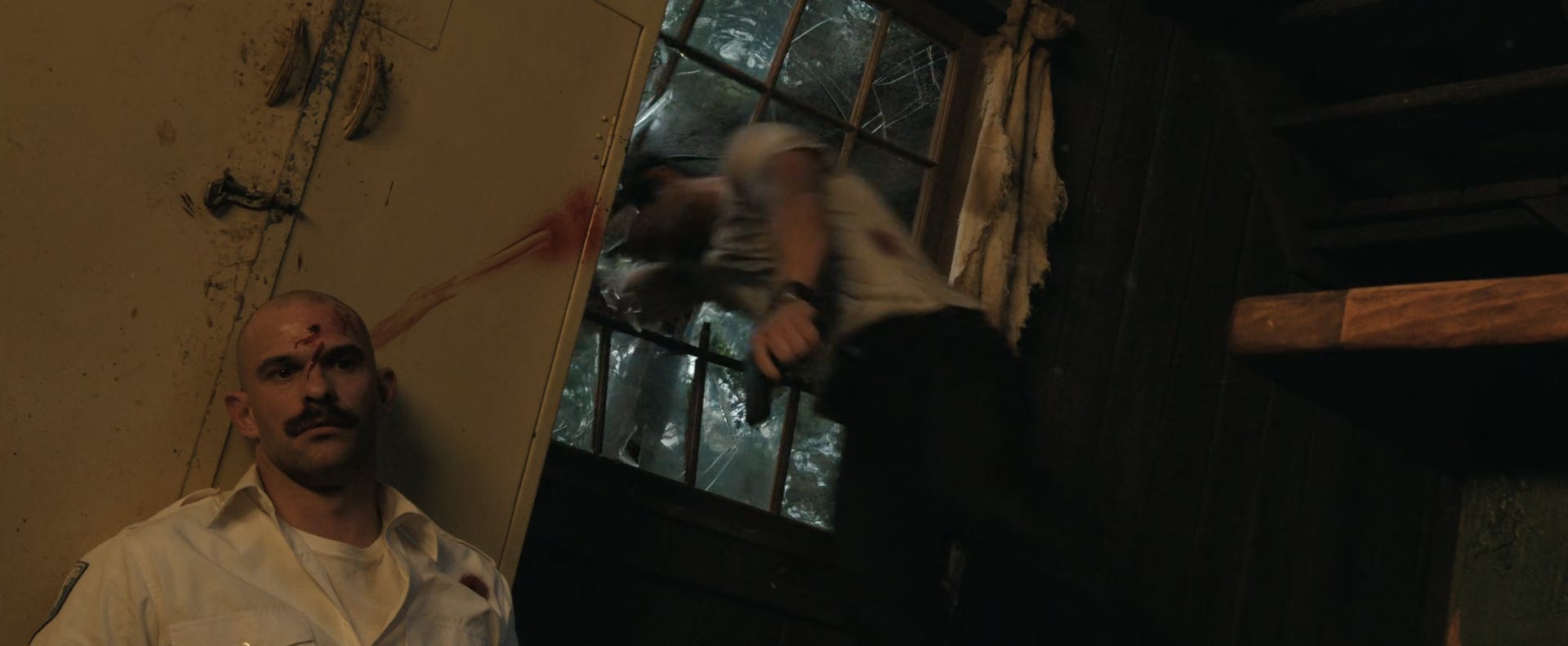
Although Zen plays a role similar to George Uhl in The Sour Lemon Score in this scene, when she shoots Parker and leaves him for dead, it appears to be an intentional mirror of Parker’s wife Lynn committing a similar betrayal and act of violence in The Hunter.
When Parker later goes talk to Grace Webb and gives her the bad news, the film once again takes its cues from The Sour Lemon Score.
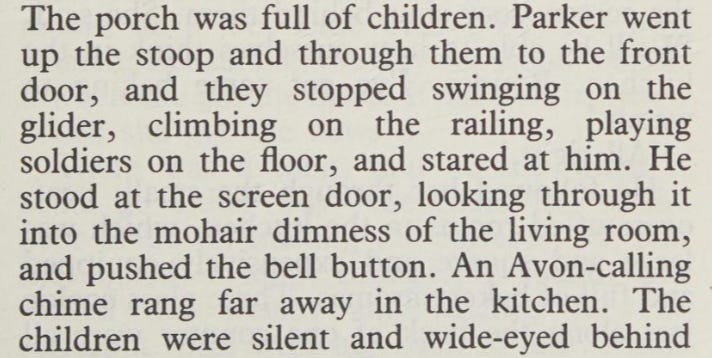
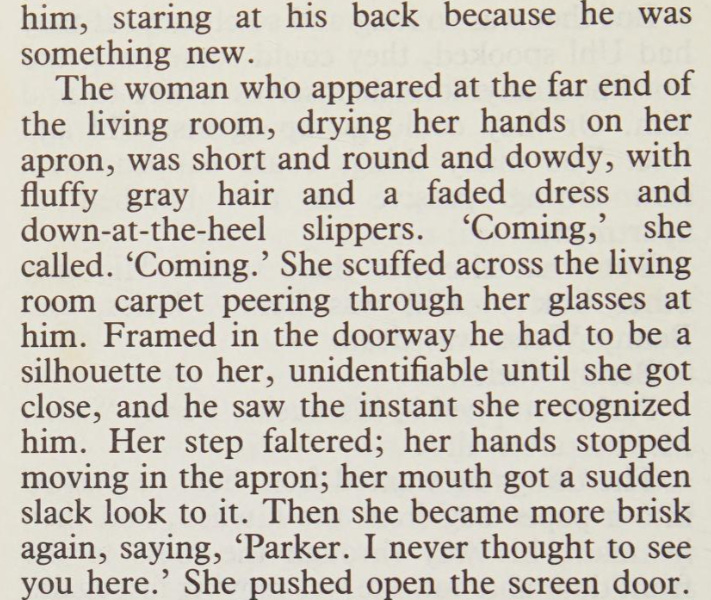
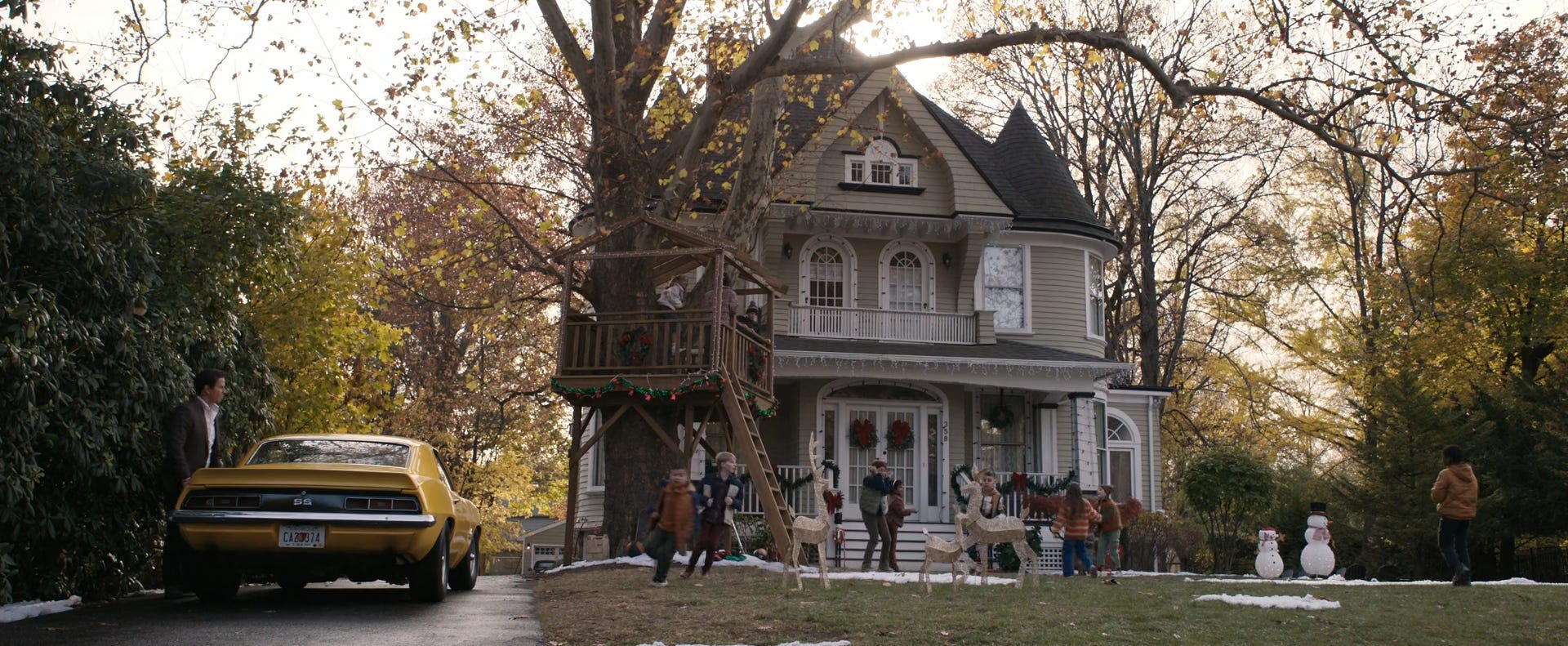
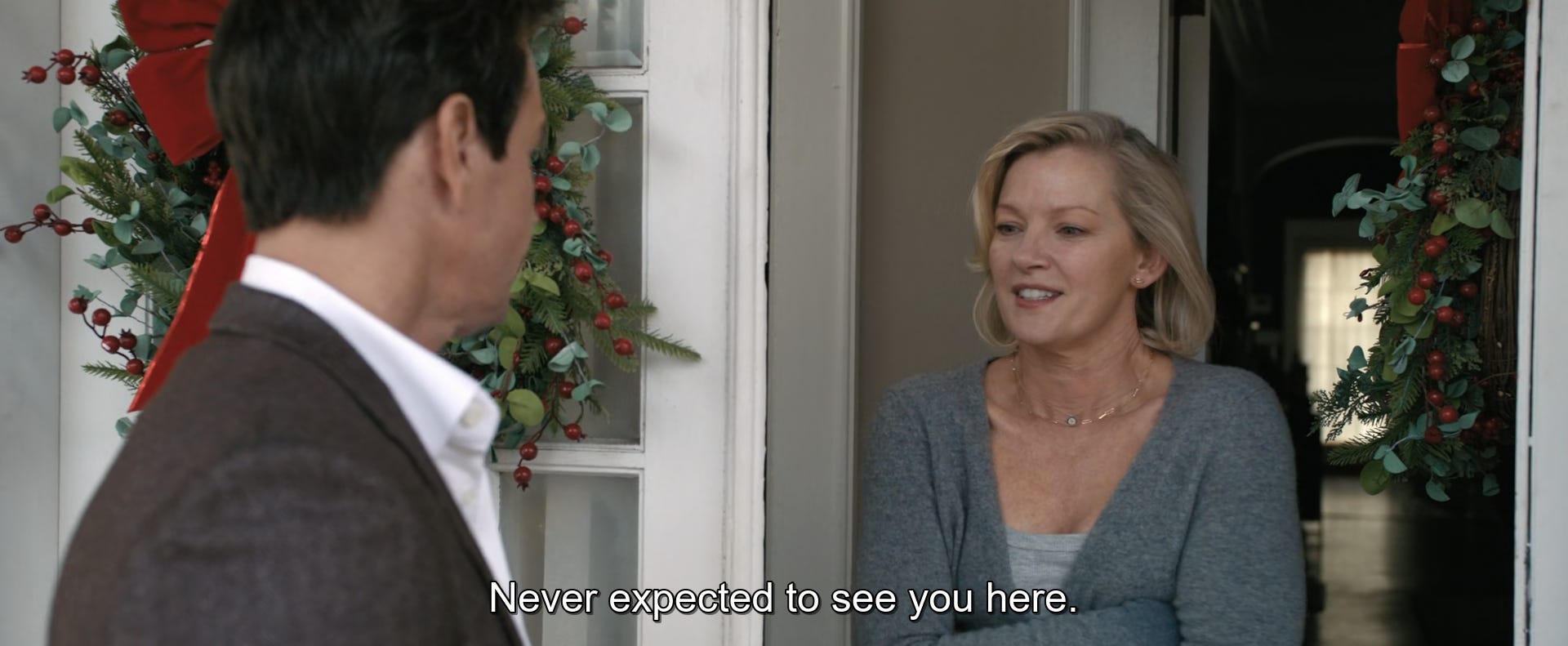
That very same novel also serves as the basis of the scene showing Parker's search for the heist plans in the apartment Bosco shares with his boyfriend.
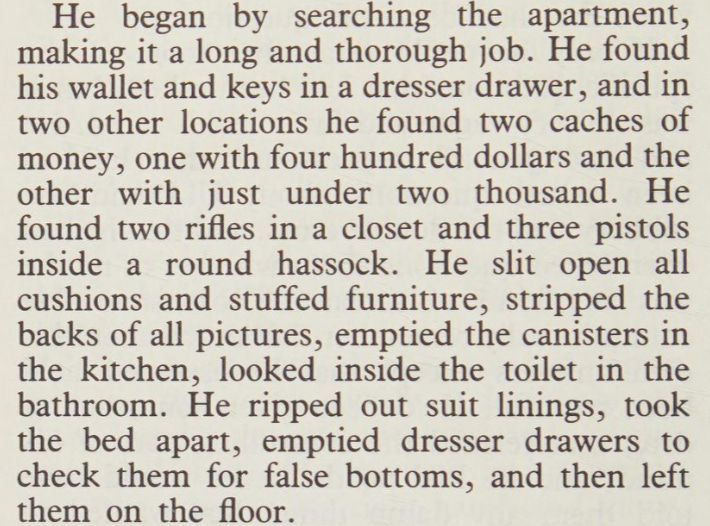
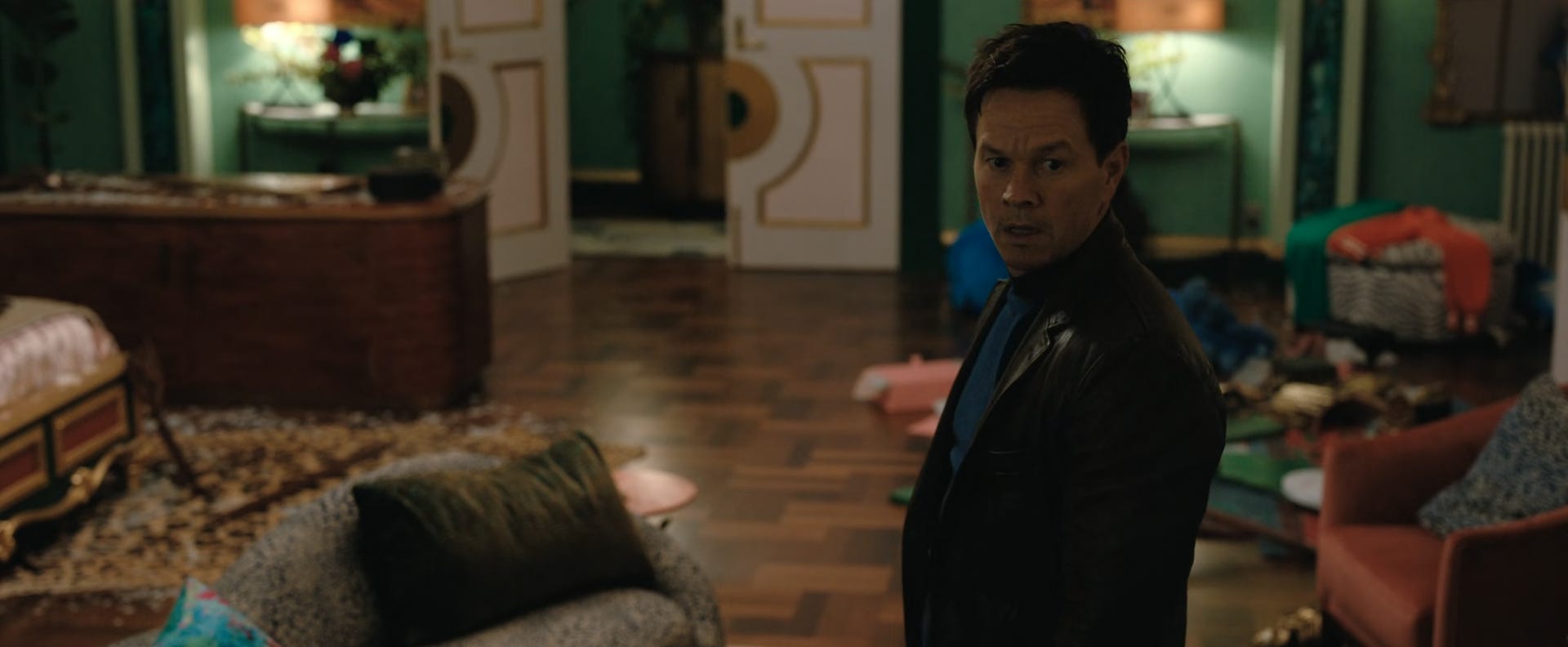
Just like in the novels, Grofield’s barn theater stands in the small town of Mead Grove, Indiana, and his introductory conversation with an IRS employee is taken word-for-word from Butcher’s Moon, even being cut short by Parker calling him on the phone.

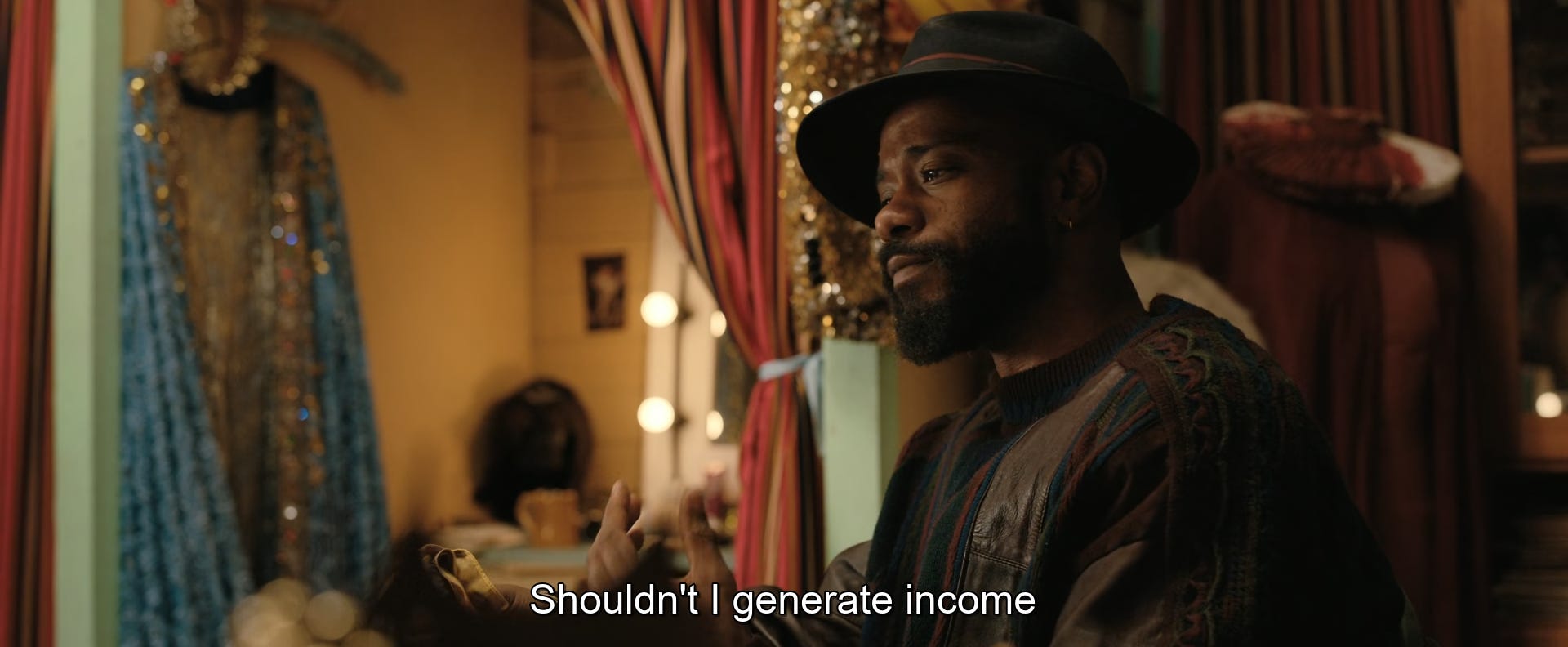
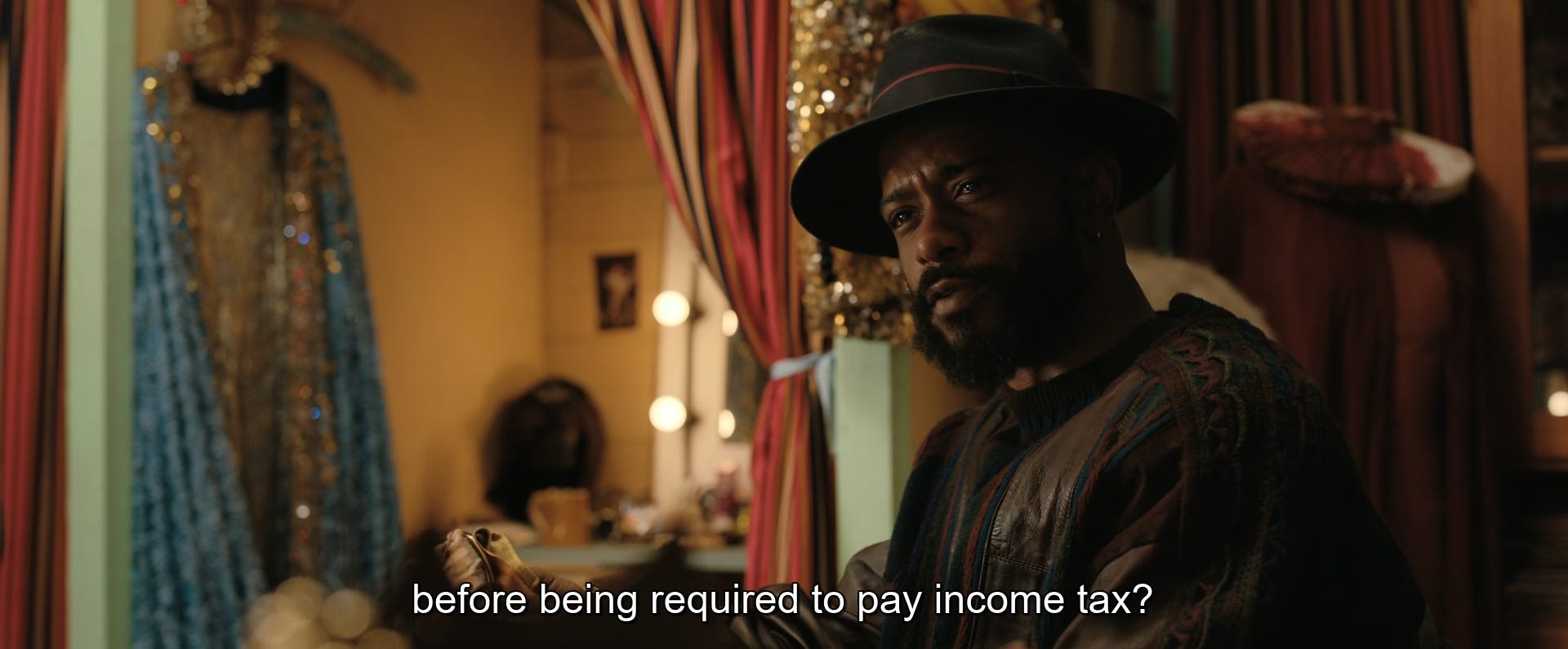
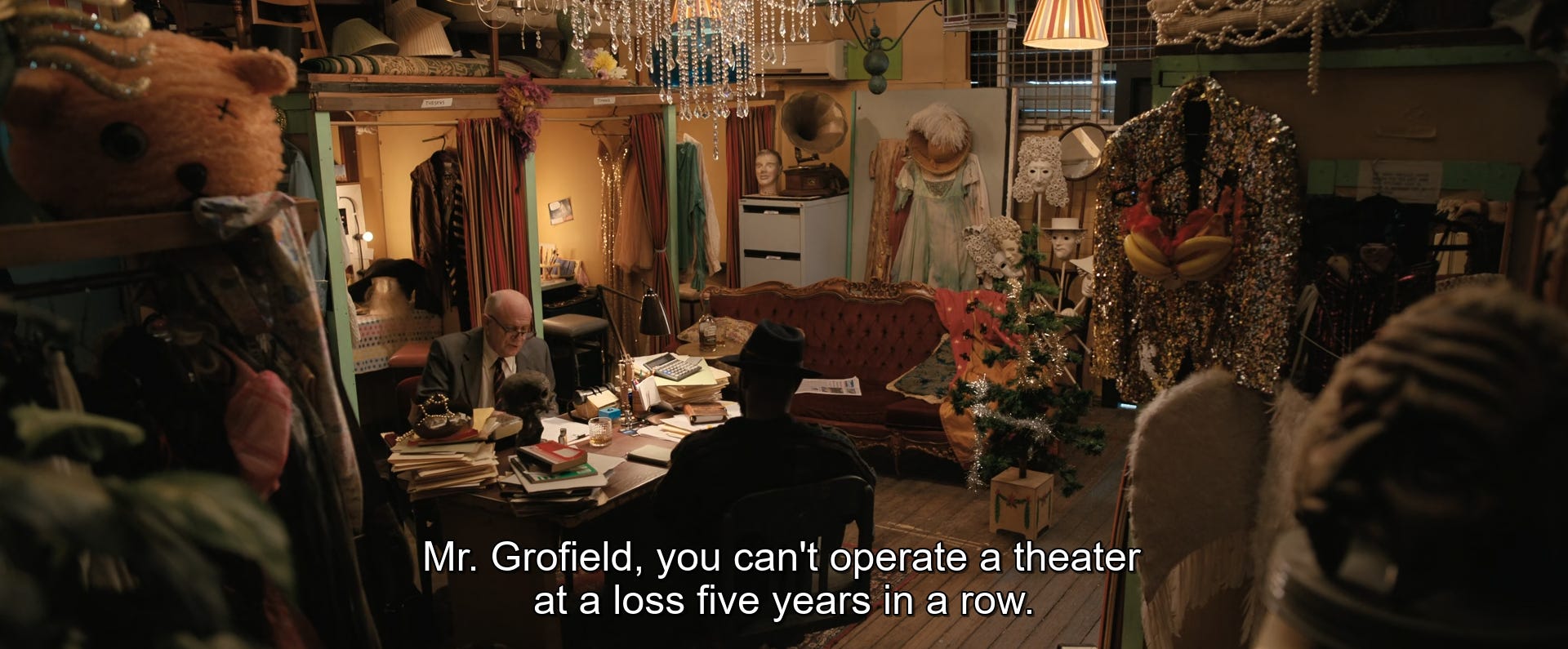
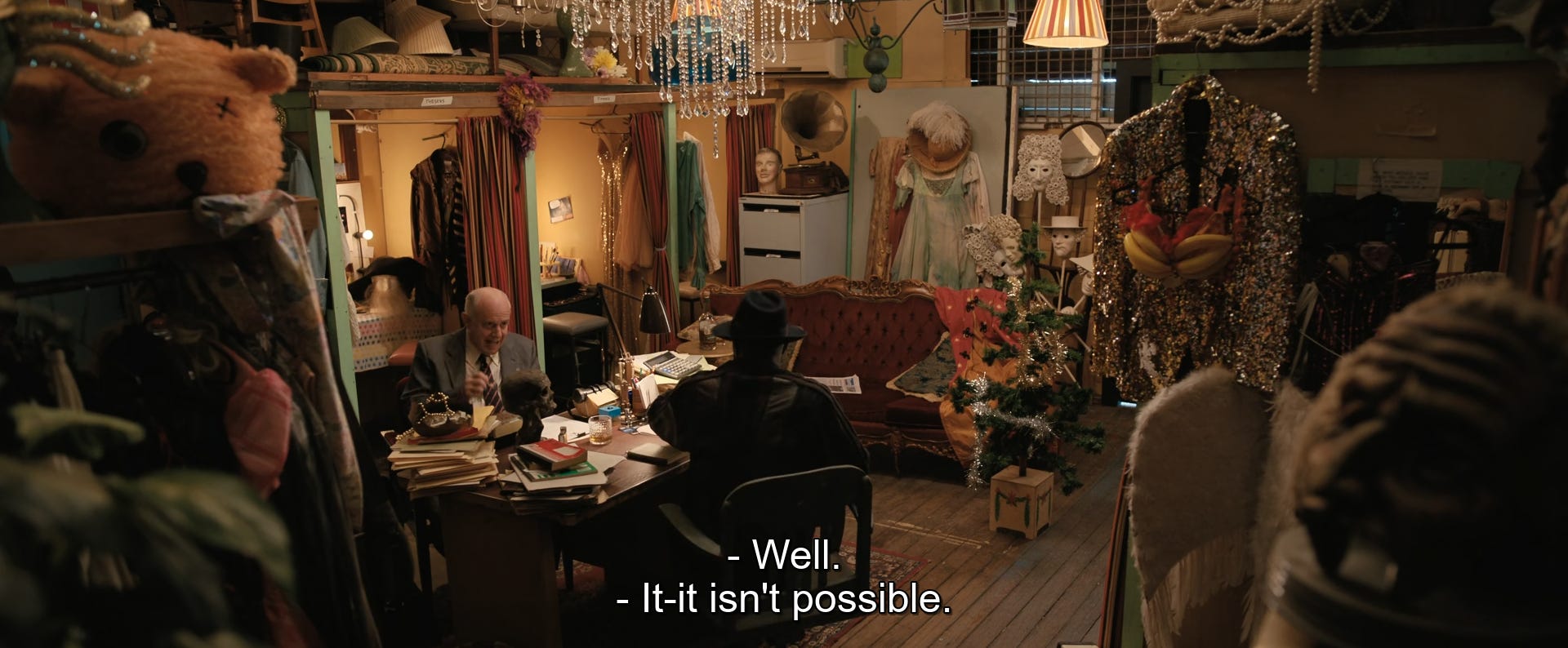
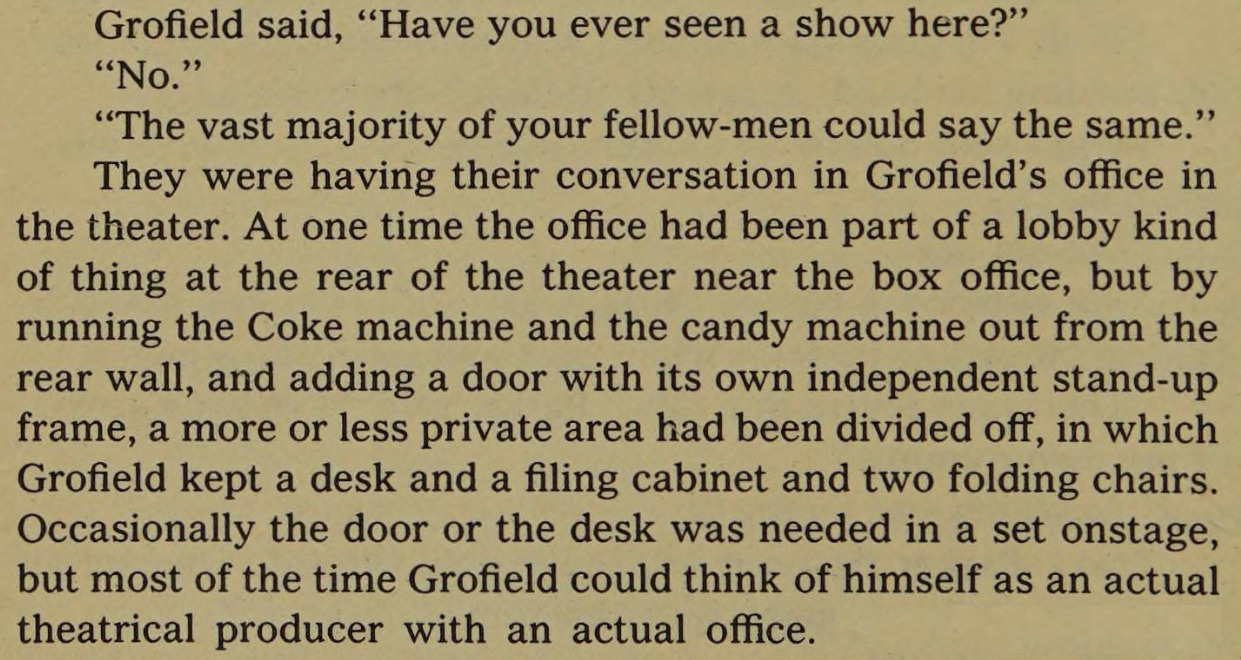
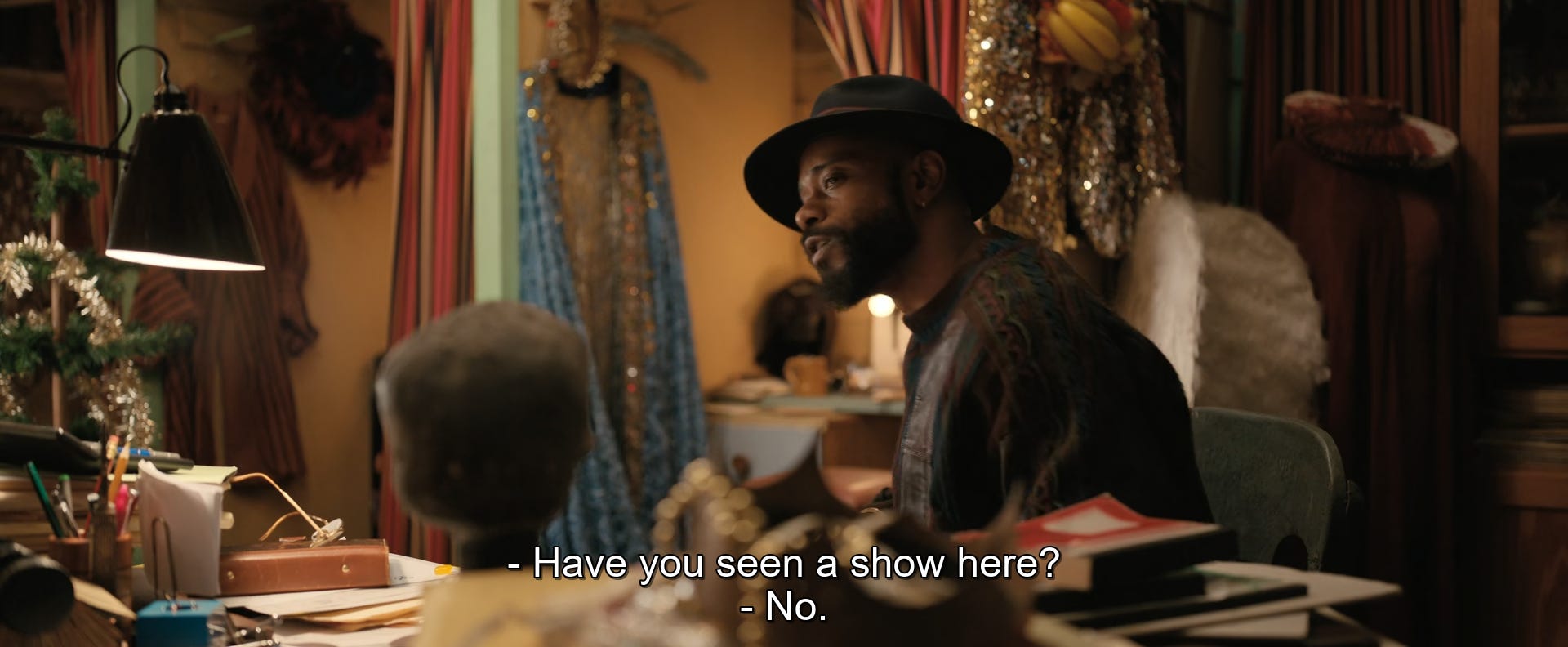
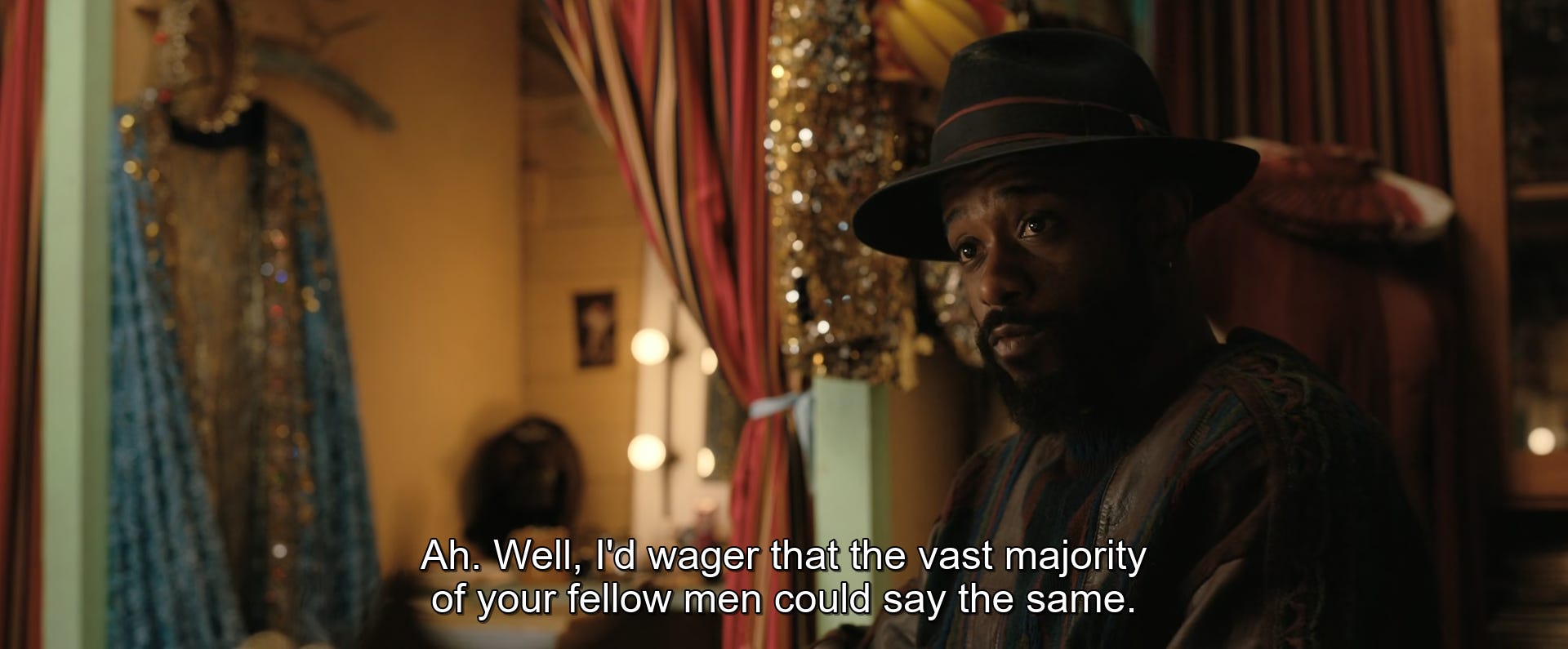


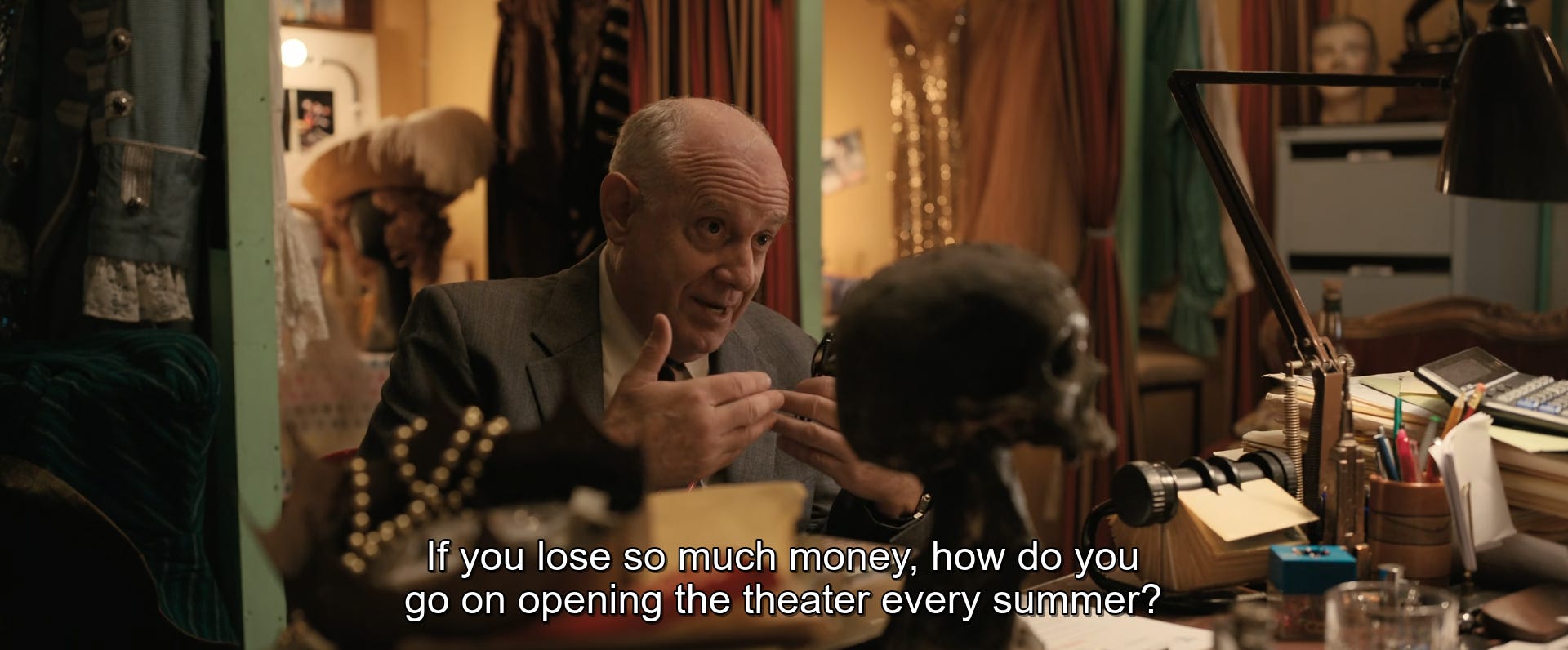
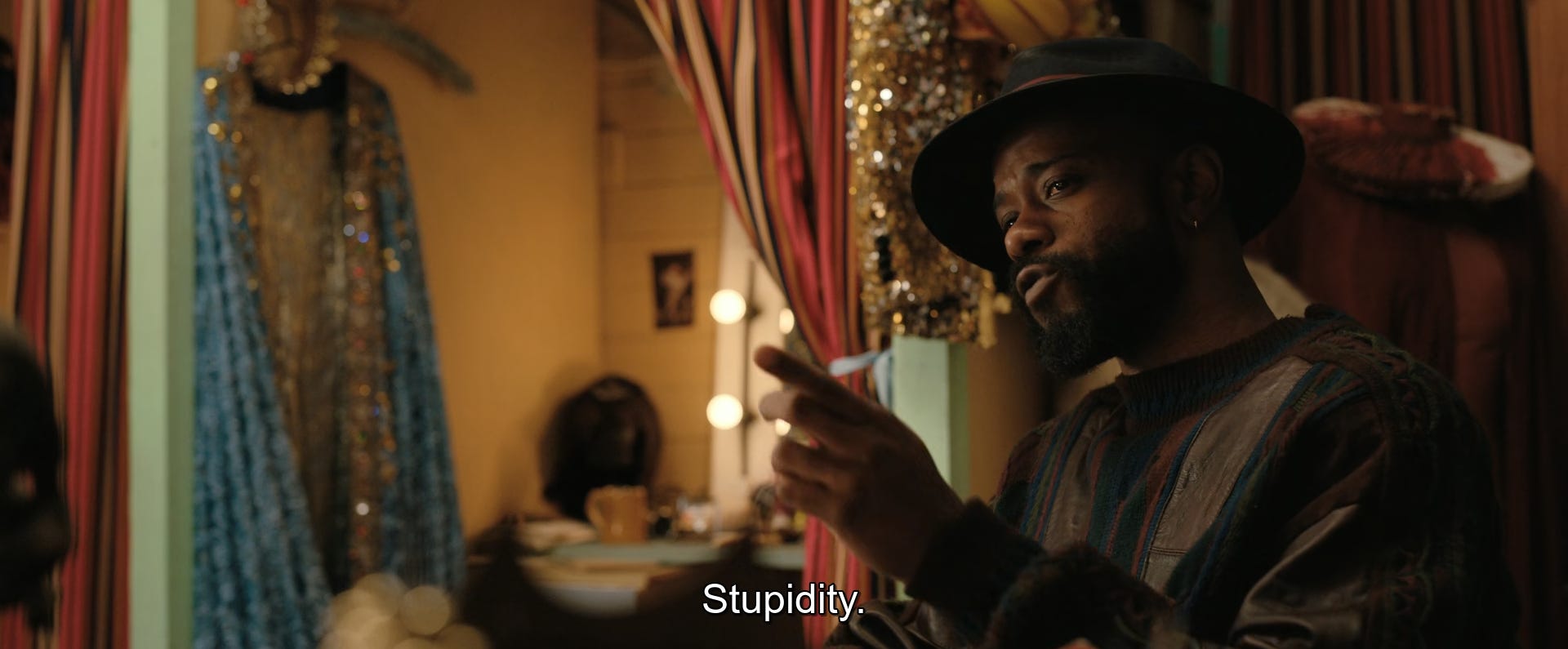
It's another Grofield scene that showcases the sheer amount of material taken directly from Stark's novels. Grofield and Parker's conversation about 'only walking where the ice is thick' originally appeared in The Green Eagle Score, except for one simple and curious fact -- it's Claire Carroll who speaks the words in the novel. Play Dirty transfers Claire's concerns to Grofield, and adds a few compelling layers to the narrative in the process.

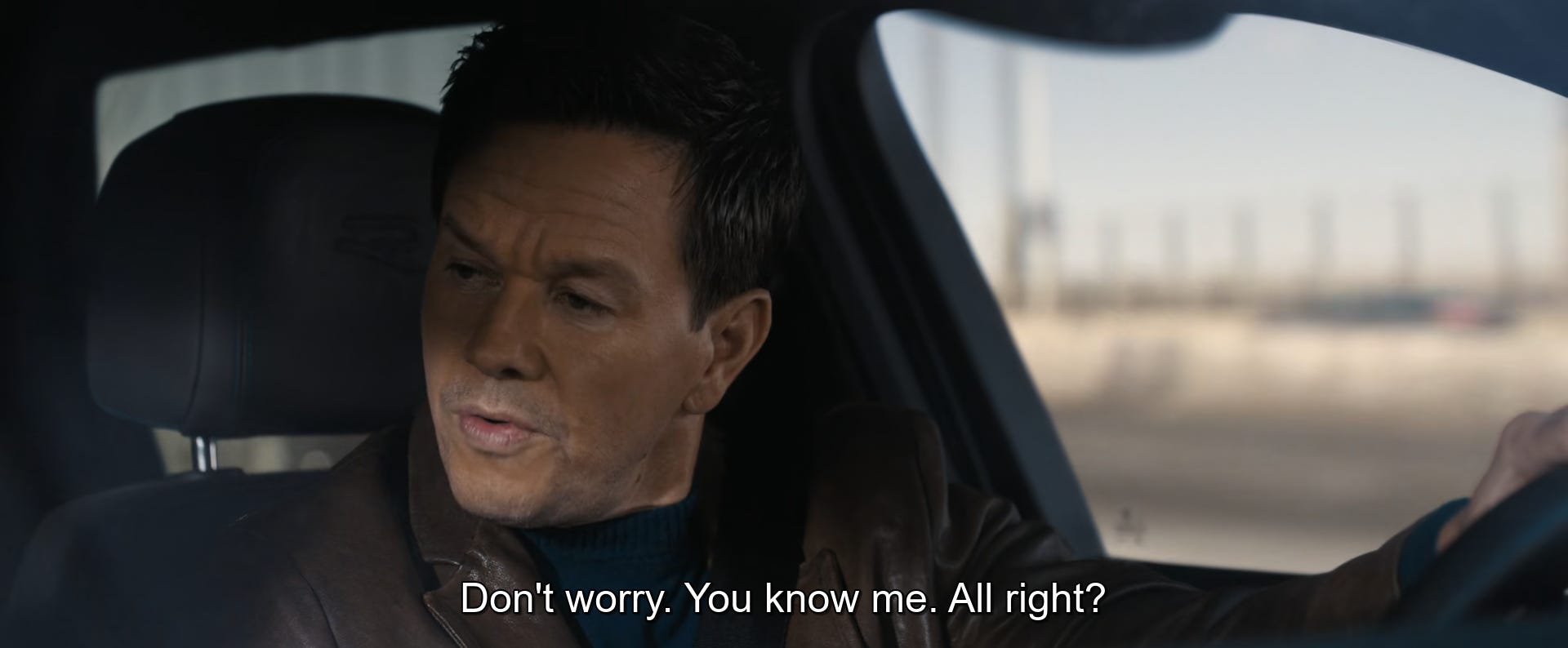
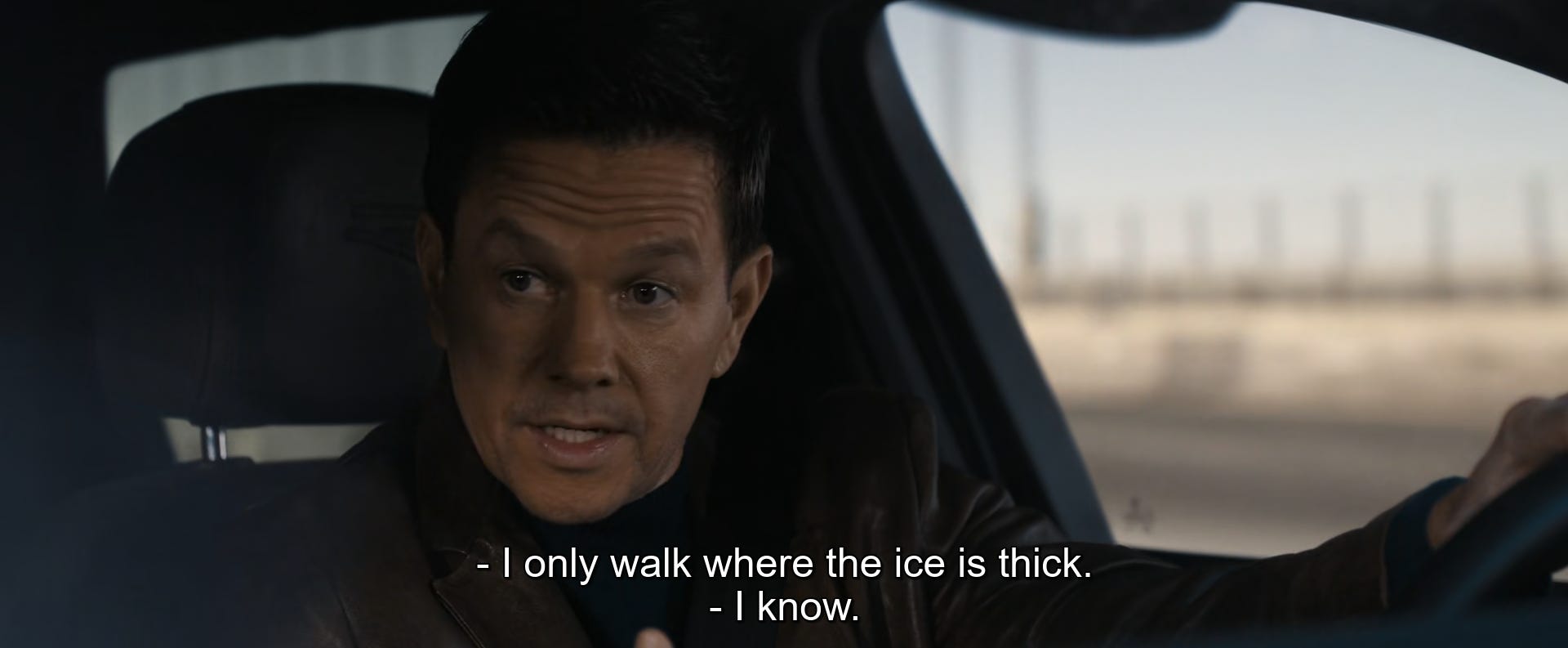
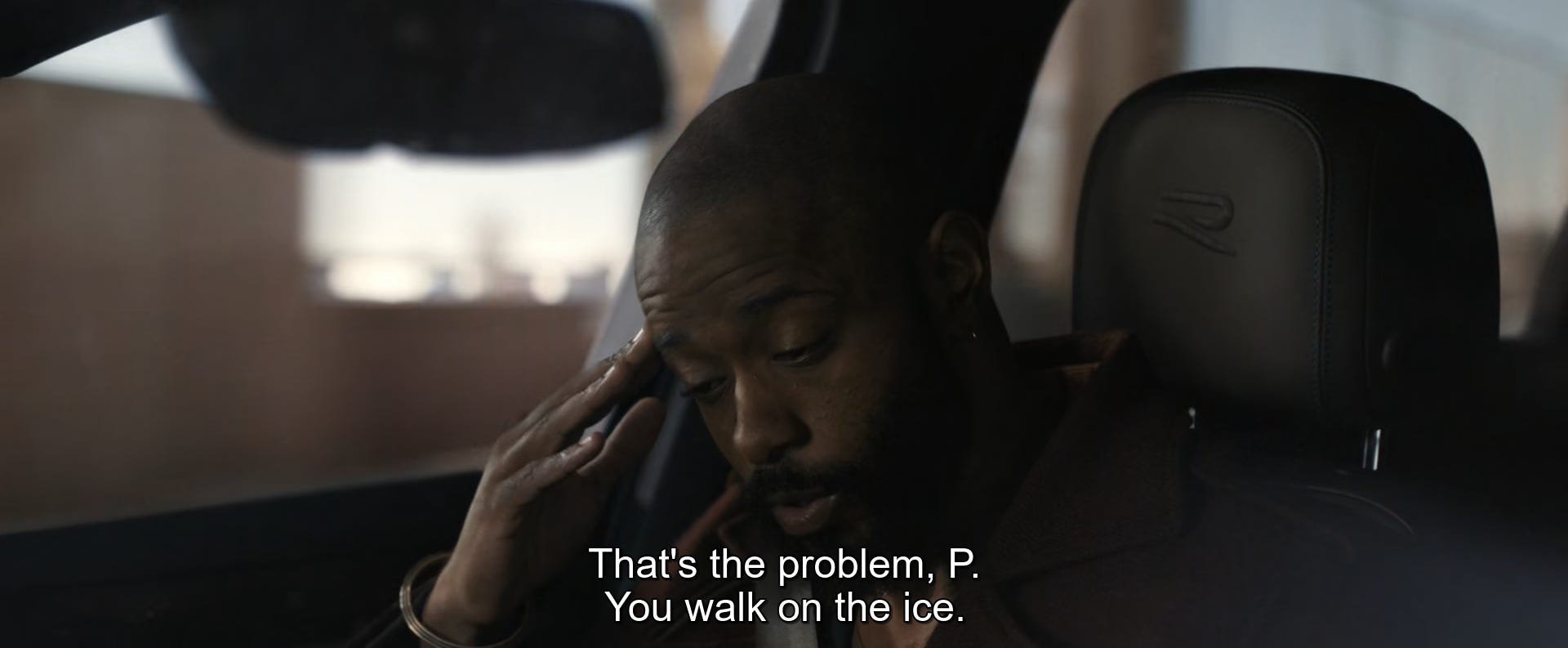
Lozini's speech, echoing a sentiment first expressed in The Outfit, appears to be the last major scene adapting a moment from the books. However, novel references remain scattered throughout.

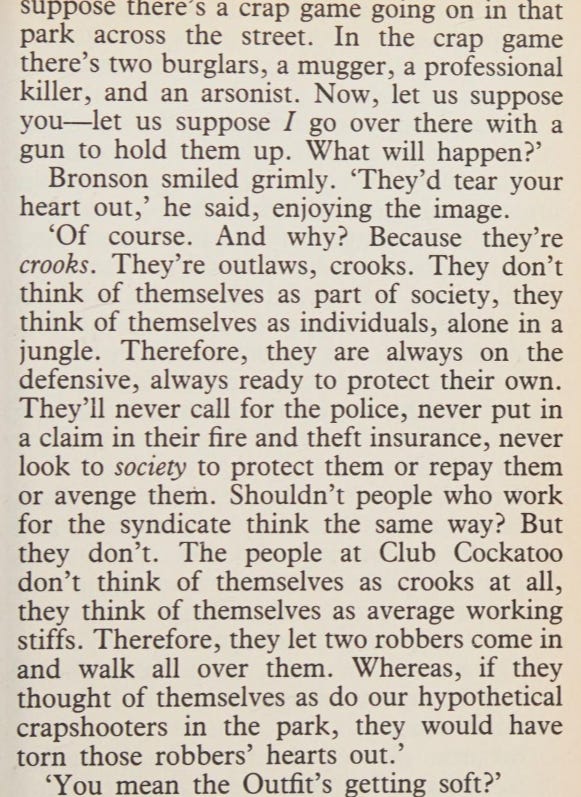
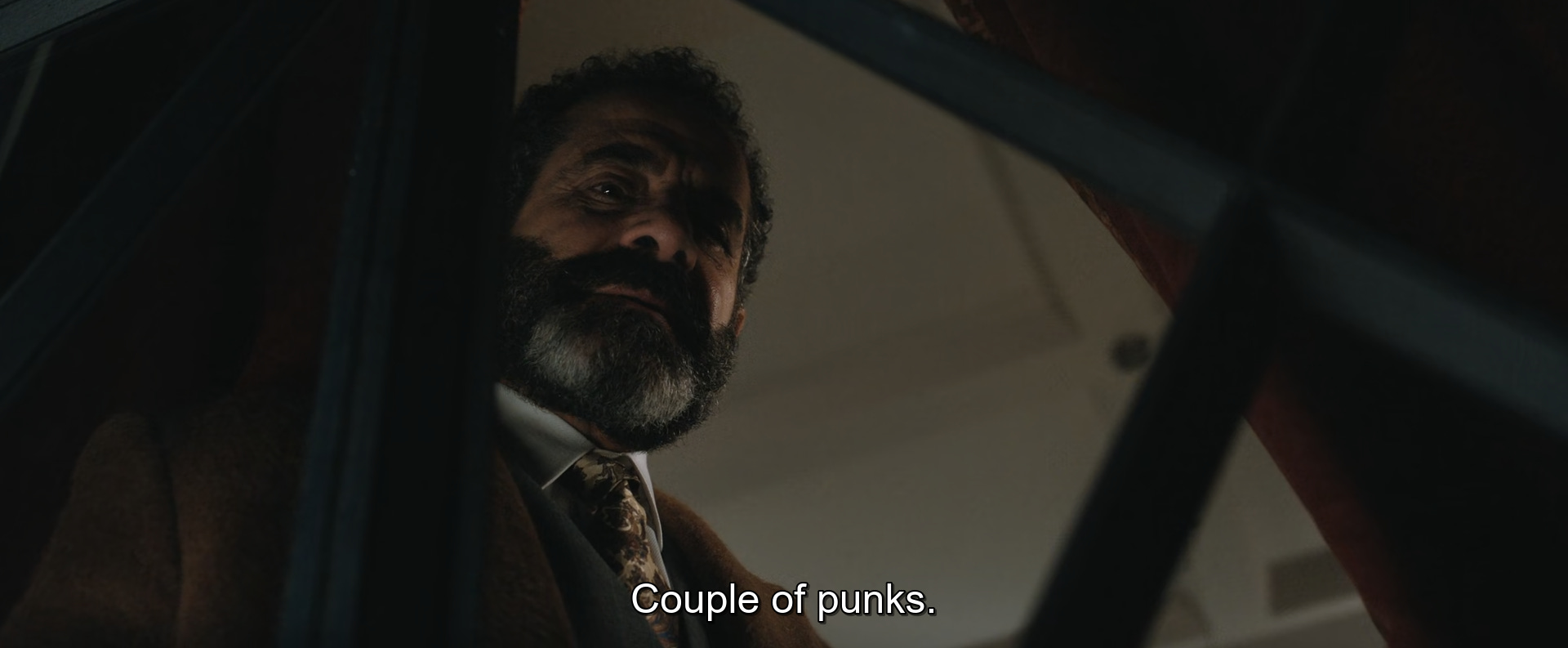
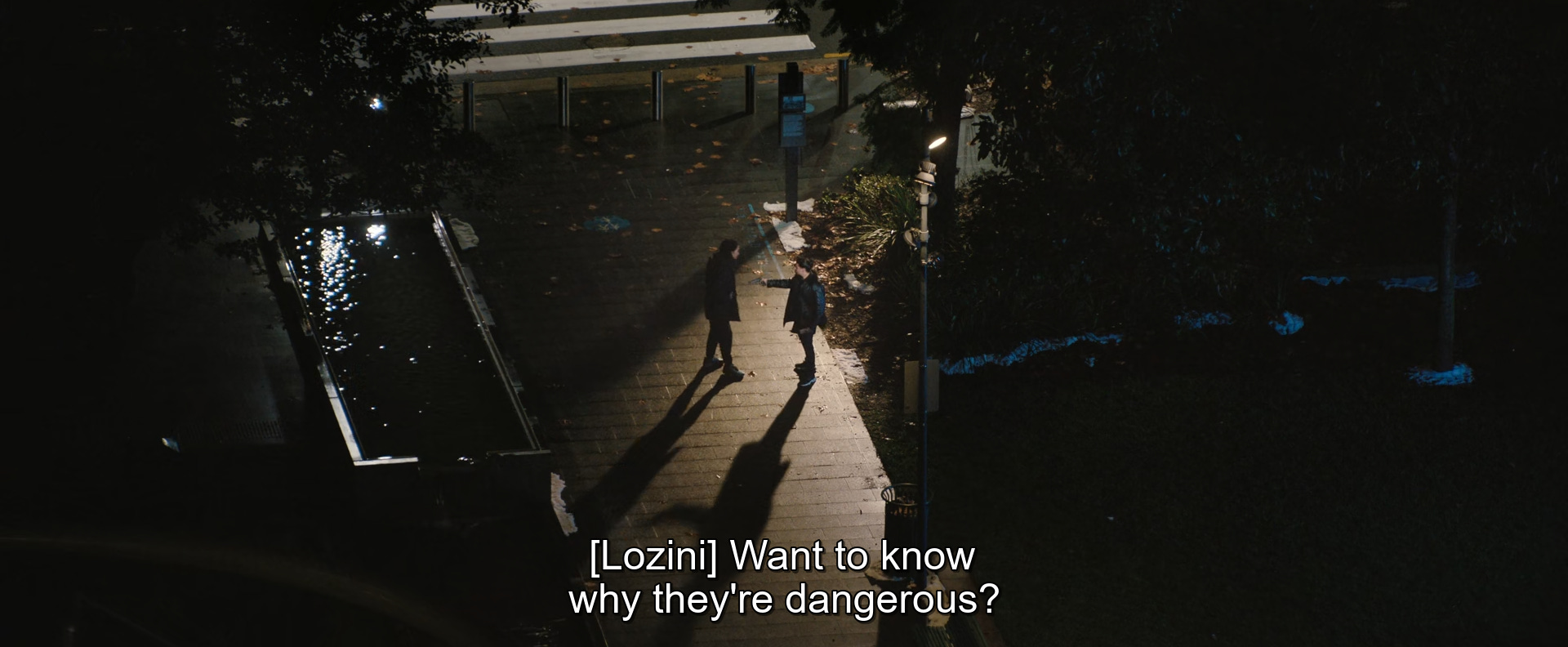
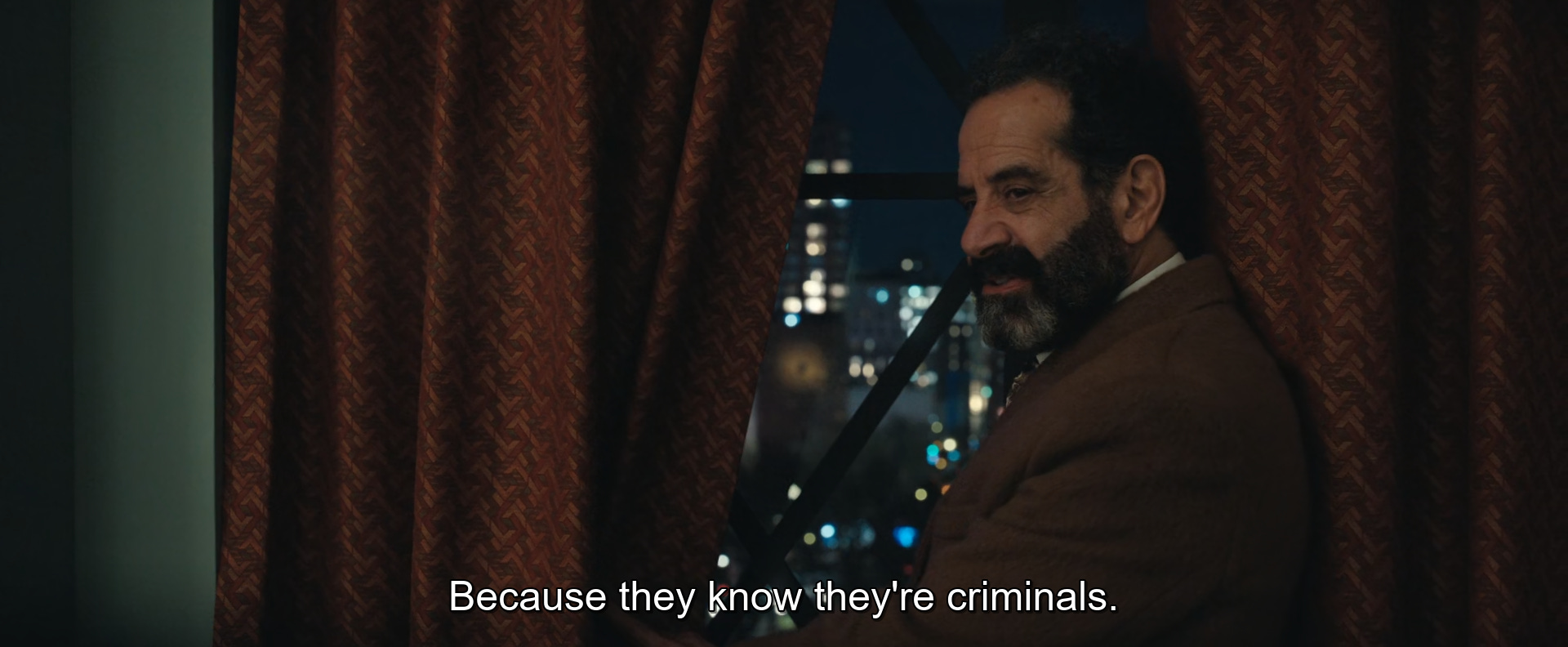
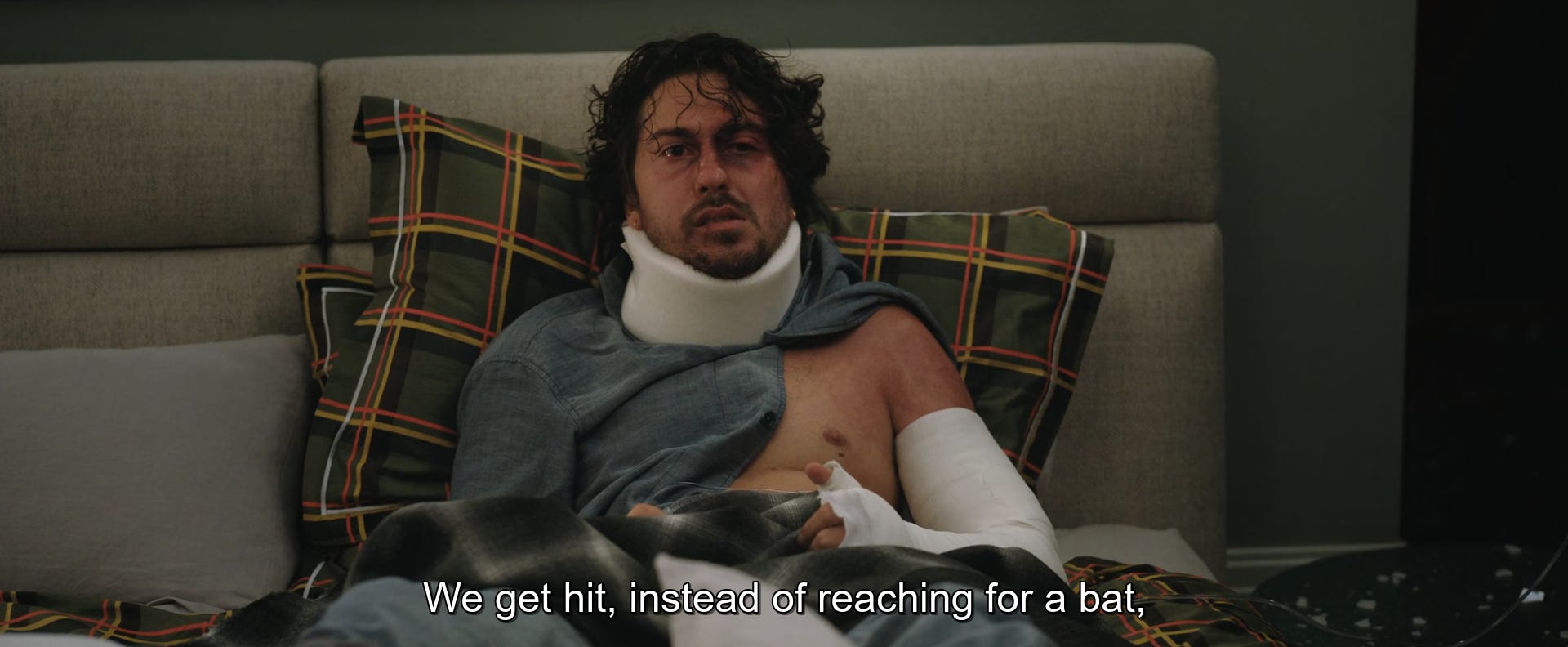
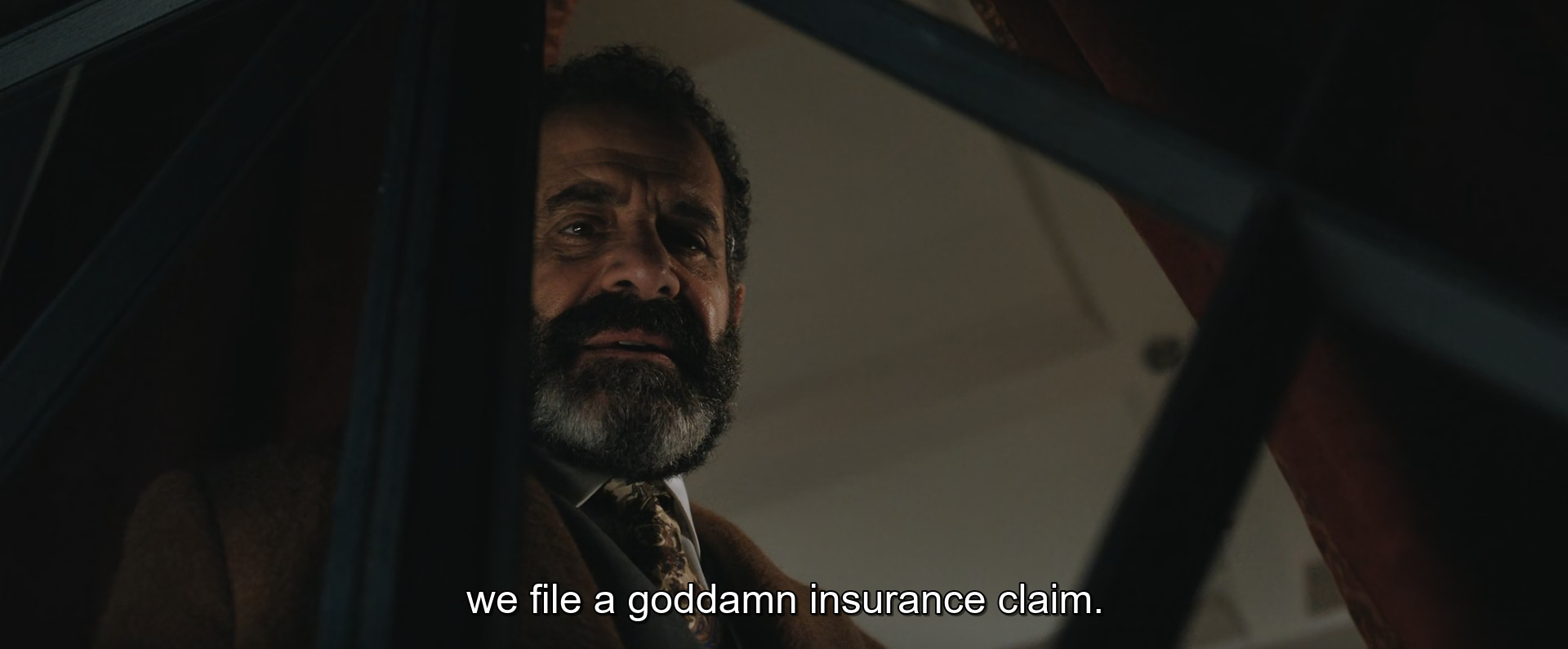
The company serving as a front for the Outfit has a sign reading “Westlake Group” behind the secretary’s desk, similar to the sign referencing Richard Stark and Tucker Coe in the 1990 film The Grifters, adapted for the screen by Westlake.
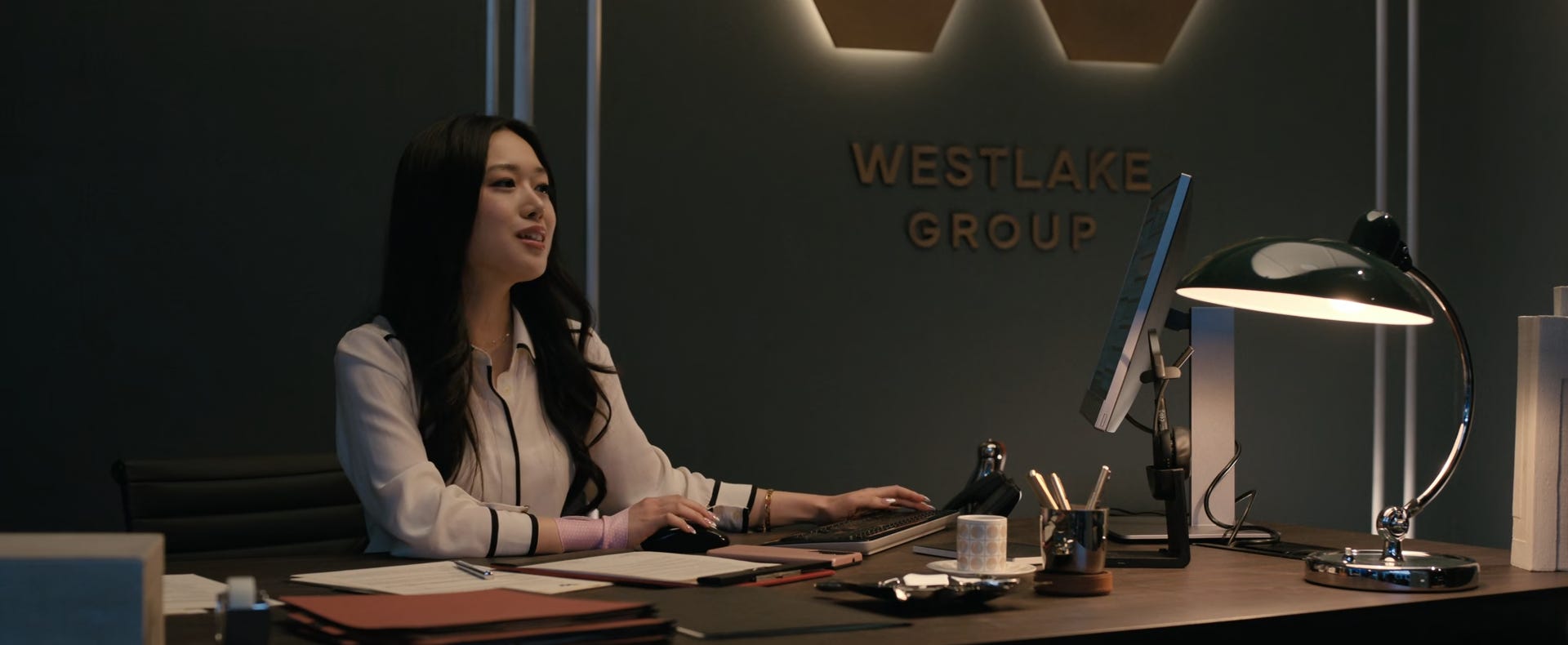
When Parker checks into his hotel, the manager calls him Mr. Willis by way of greeting. Charles Willis is one of a few aliases Parker uses, and notably is rendered unusable by the trouble he gets into in The Jugger.
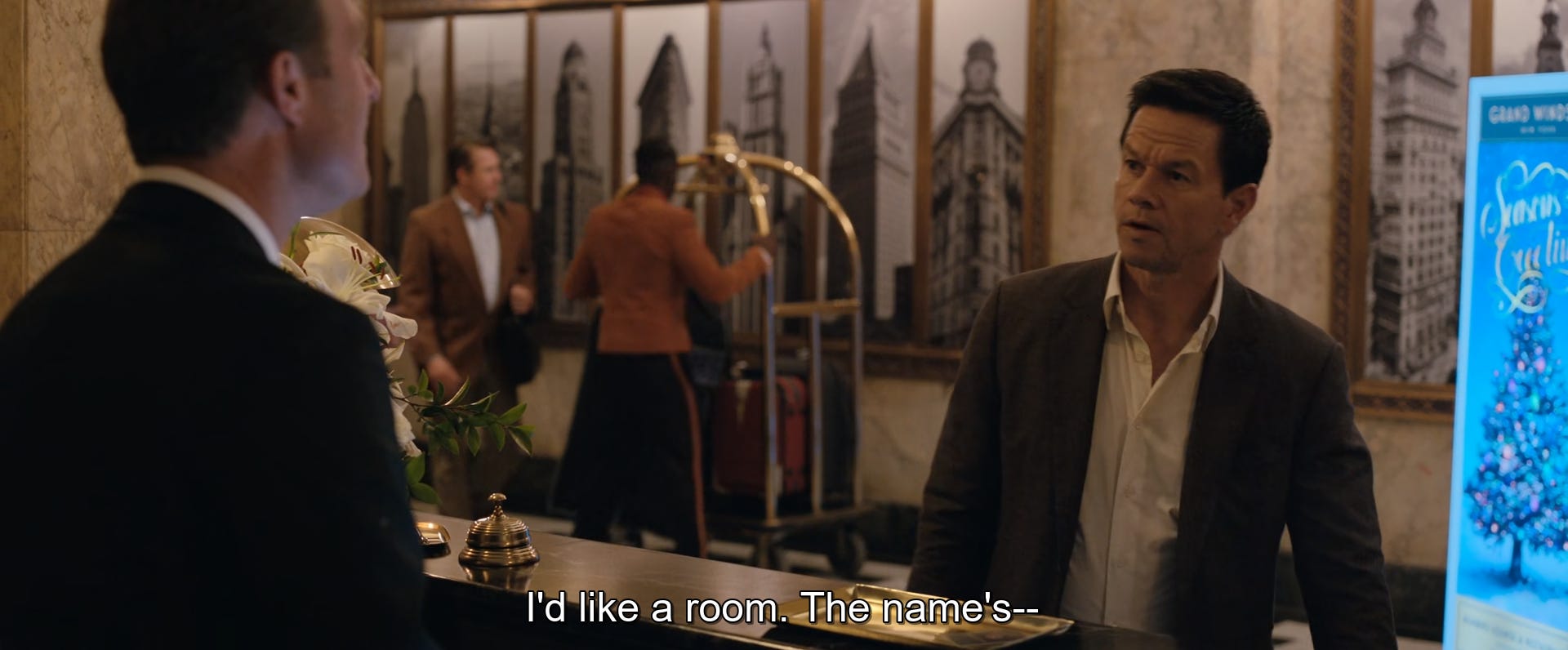
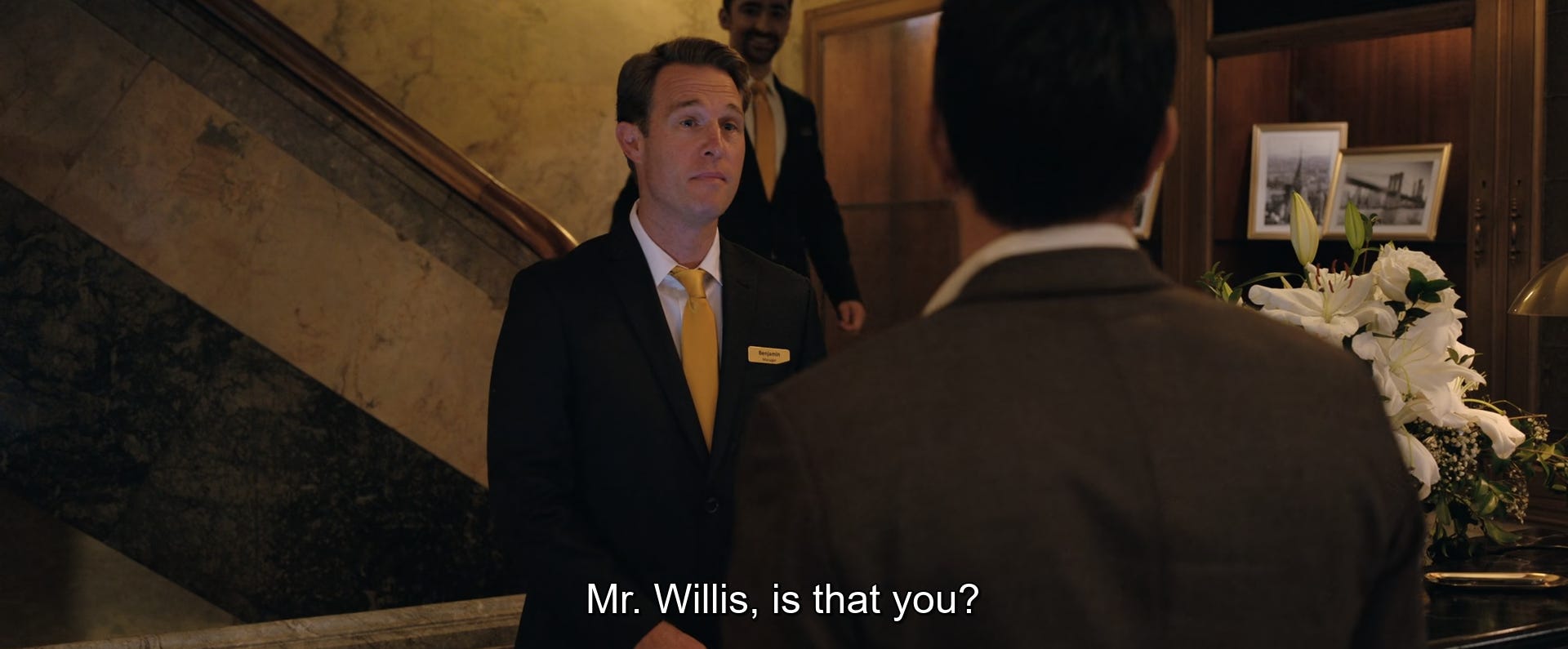
Mike Carlow, the driver from The Rare Coin Score, also gets a one-off mention.
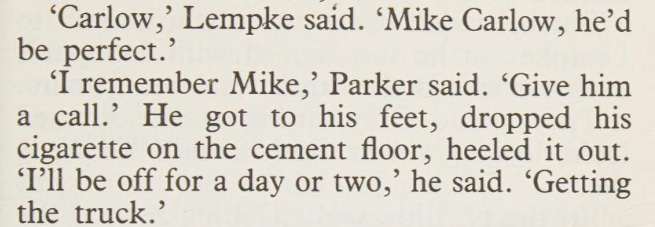
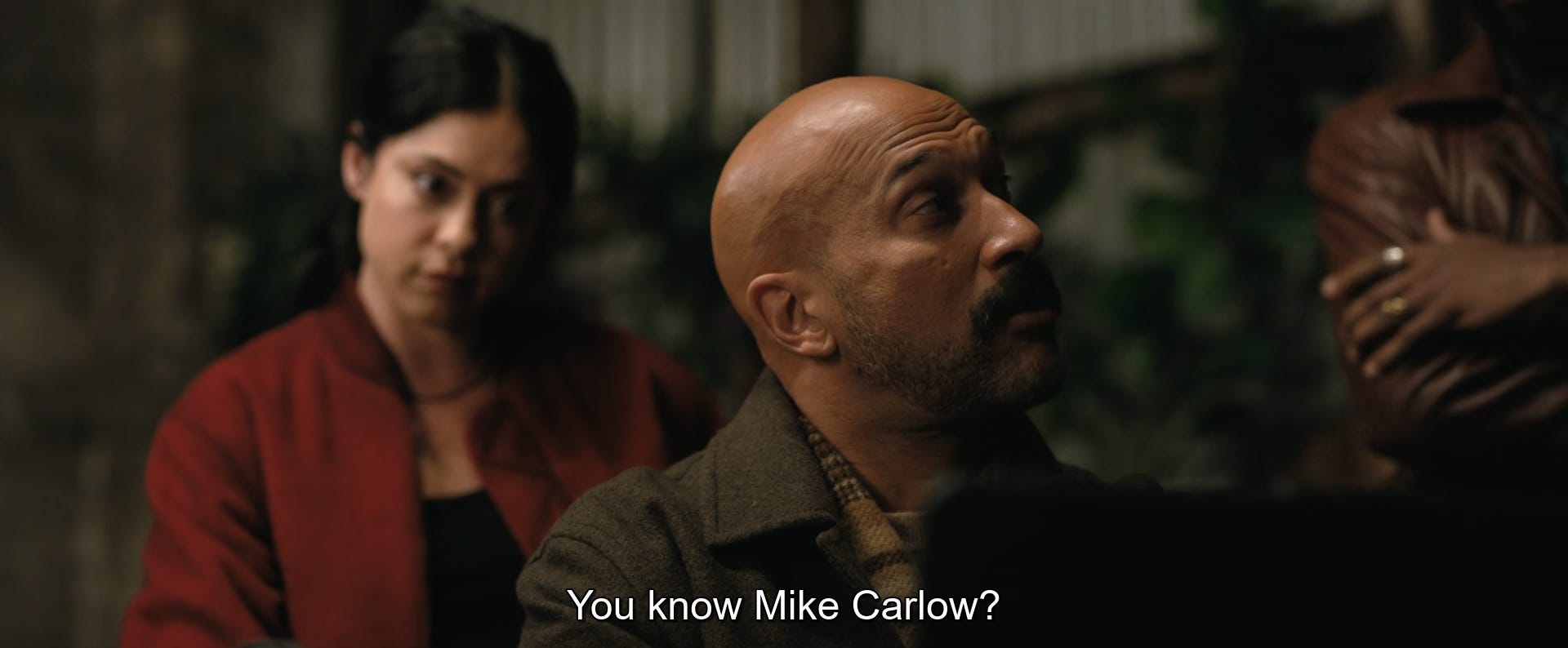
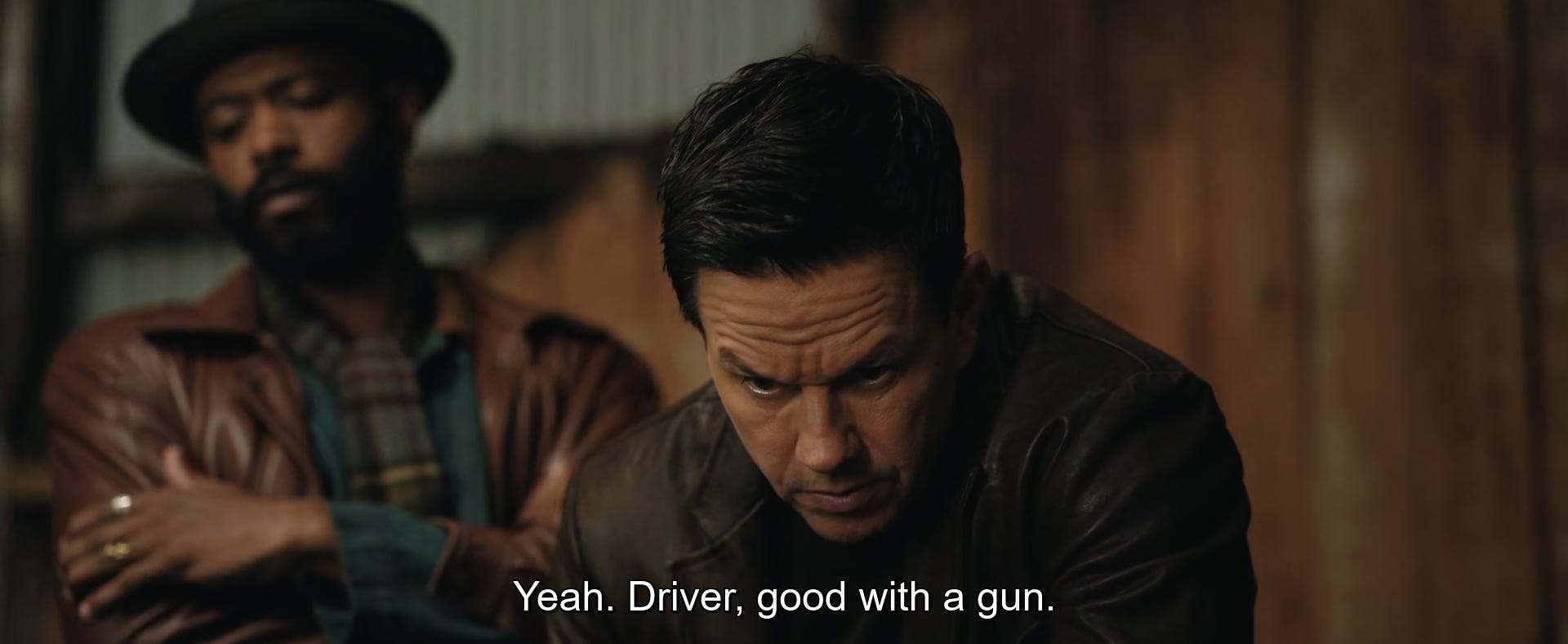
Similarly, Zen’s insistence that Parker reads her newspaper article about the Lady of Arintero calls back to The Mourner, when Bett Harrow’s father Ralph asks Parker to read a magazine article about the Mourners of Dijon, which he refuses.
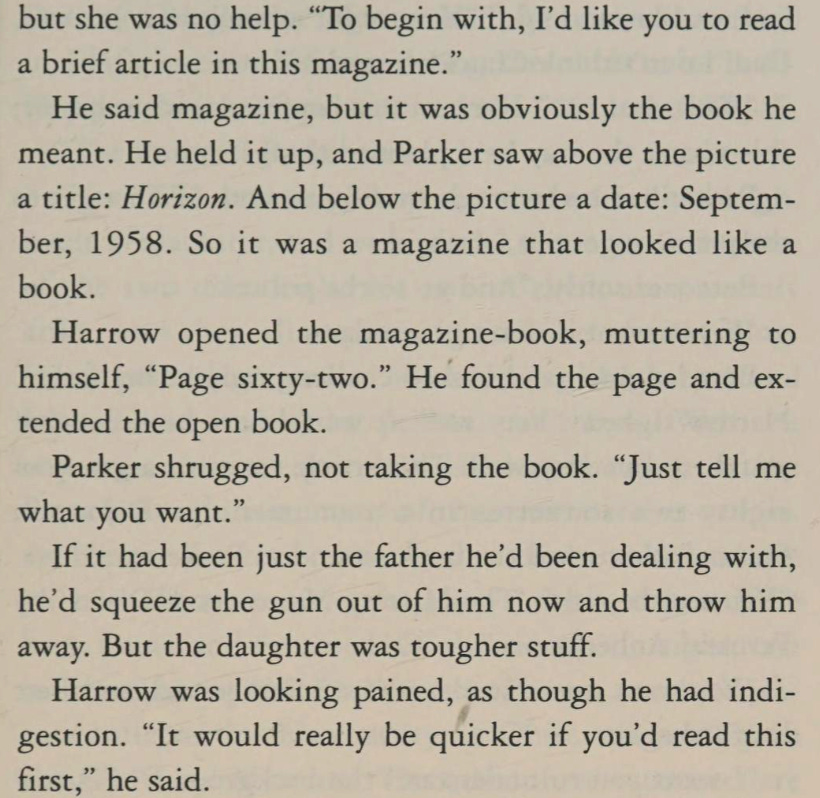
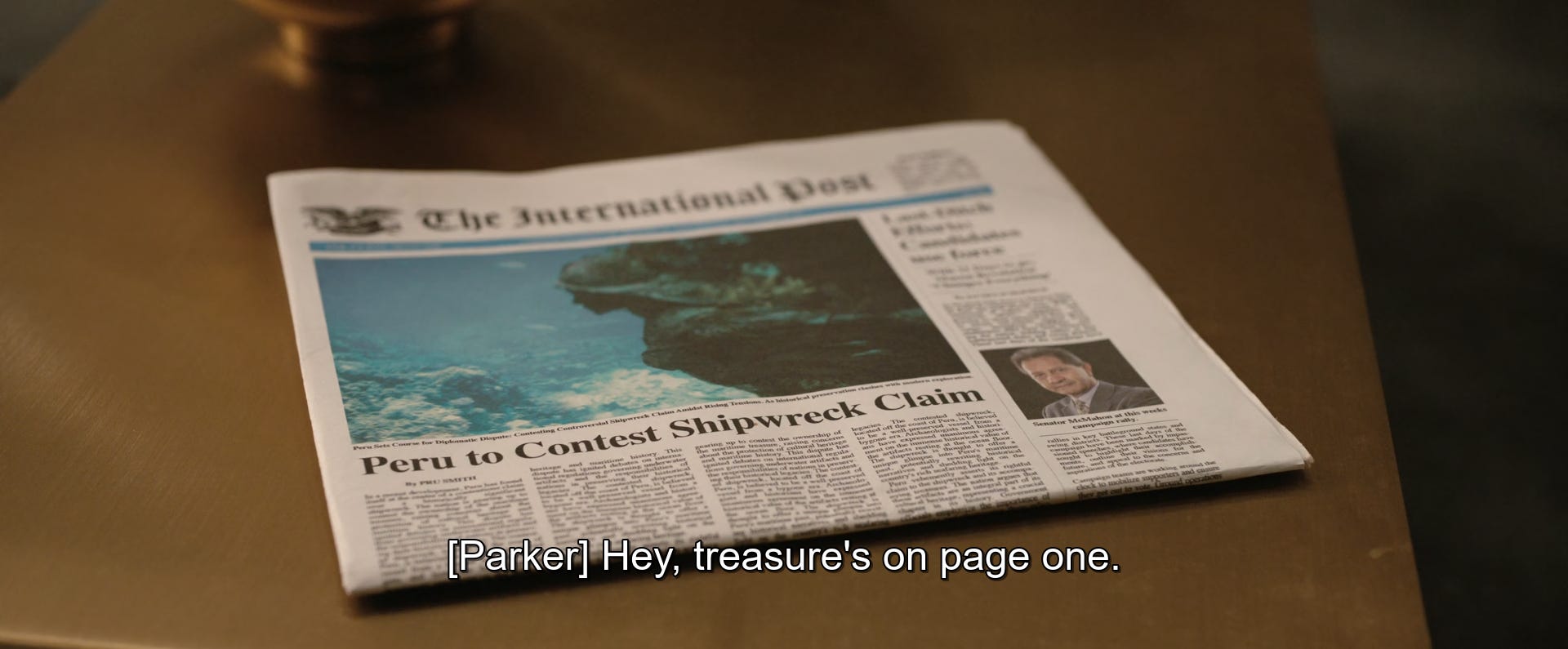
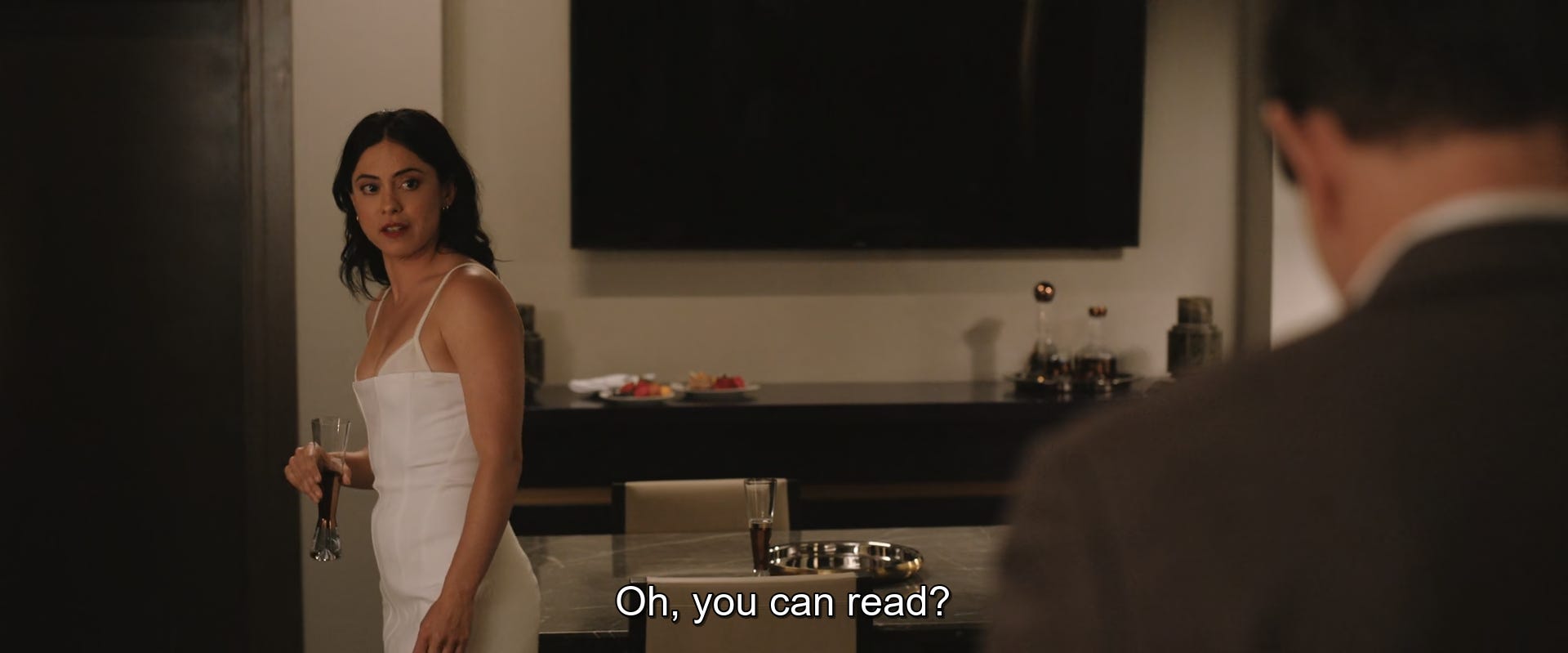
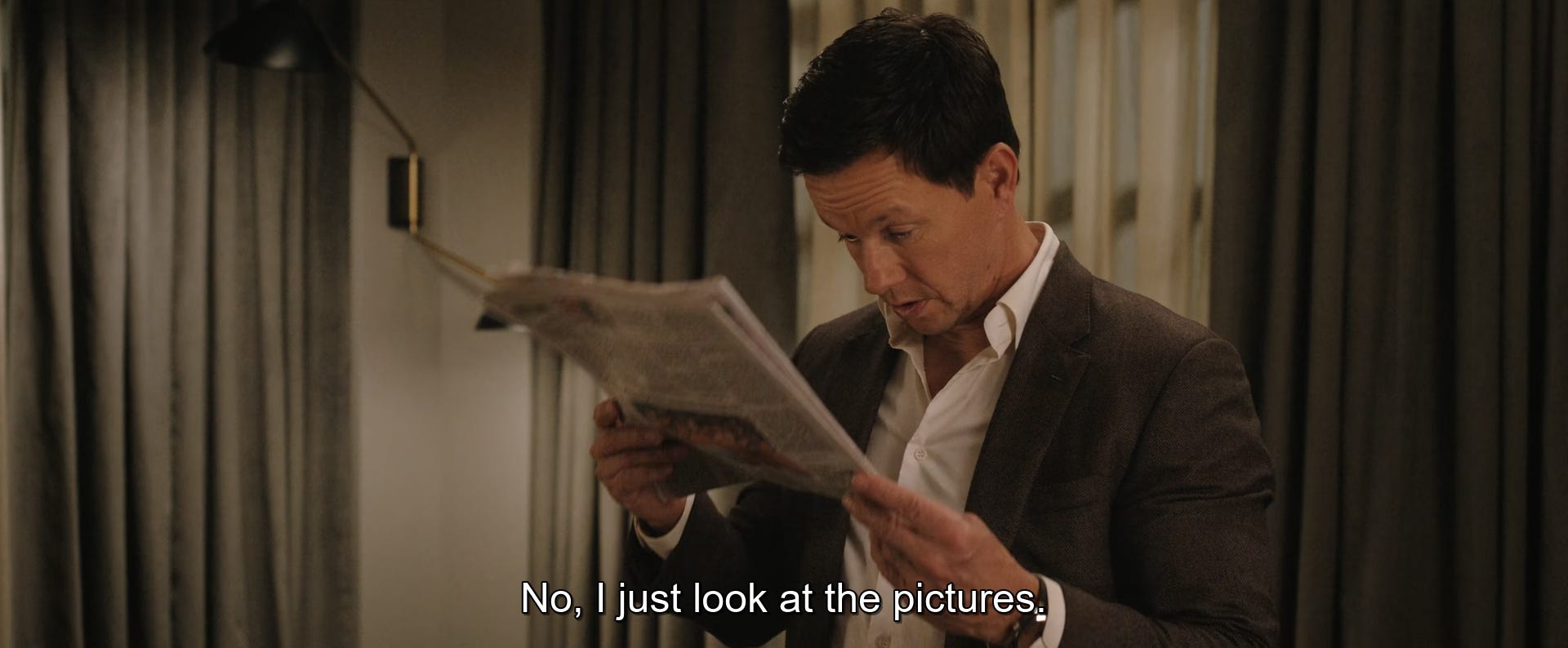
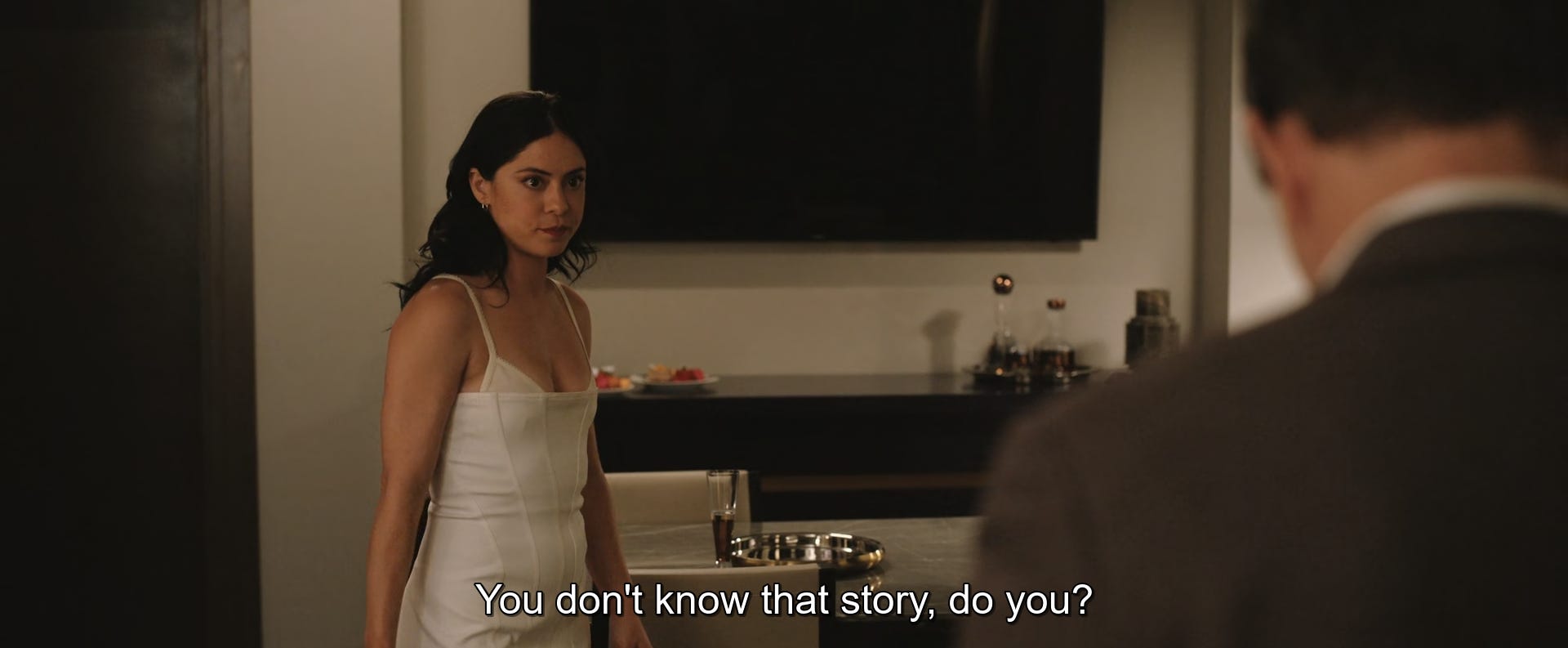
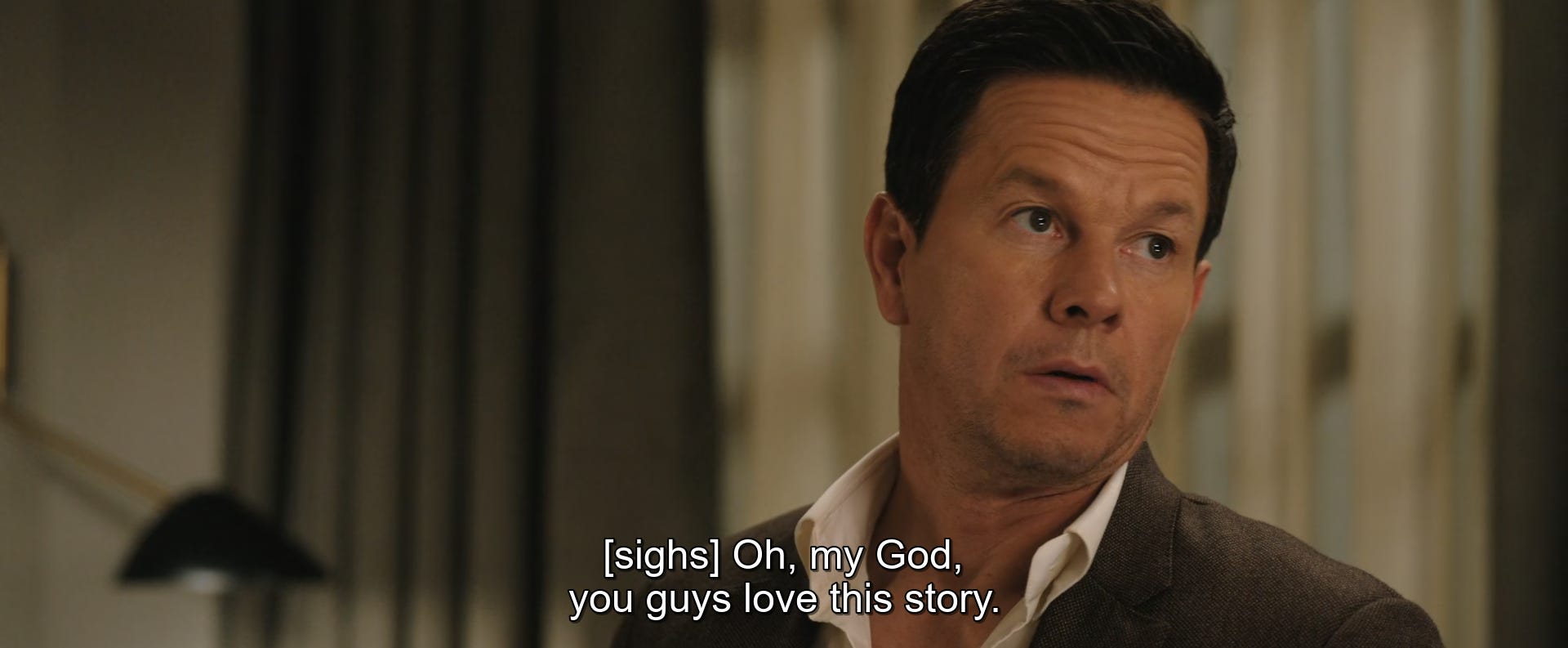
Play Dirty's attention to detail is both admirable and significant in an adaptation of a series where detail is everything. The intricacies of the job have always been at the heart of Richard Stark's work, and Shane Black's attitude towards the novels holds true to that principle like few cinematic takes on Parker ever have.